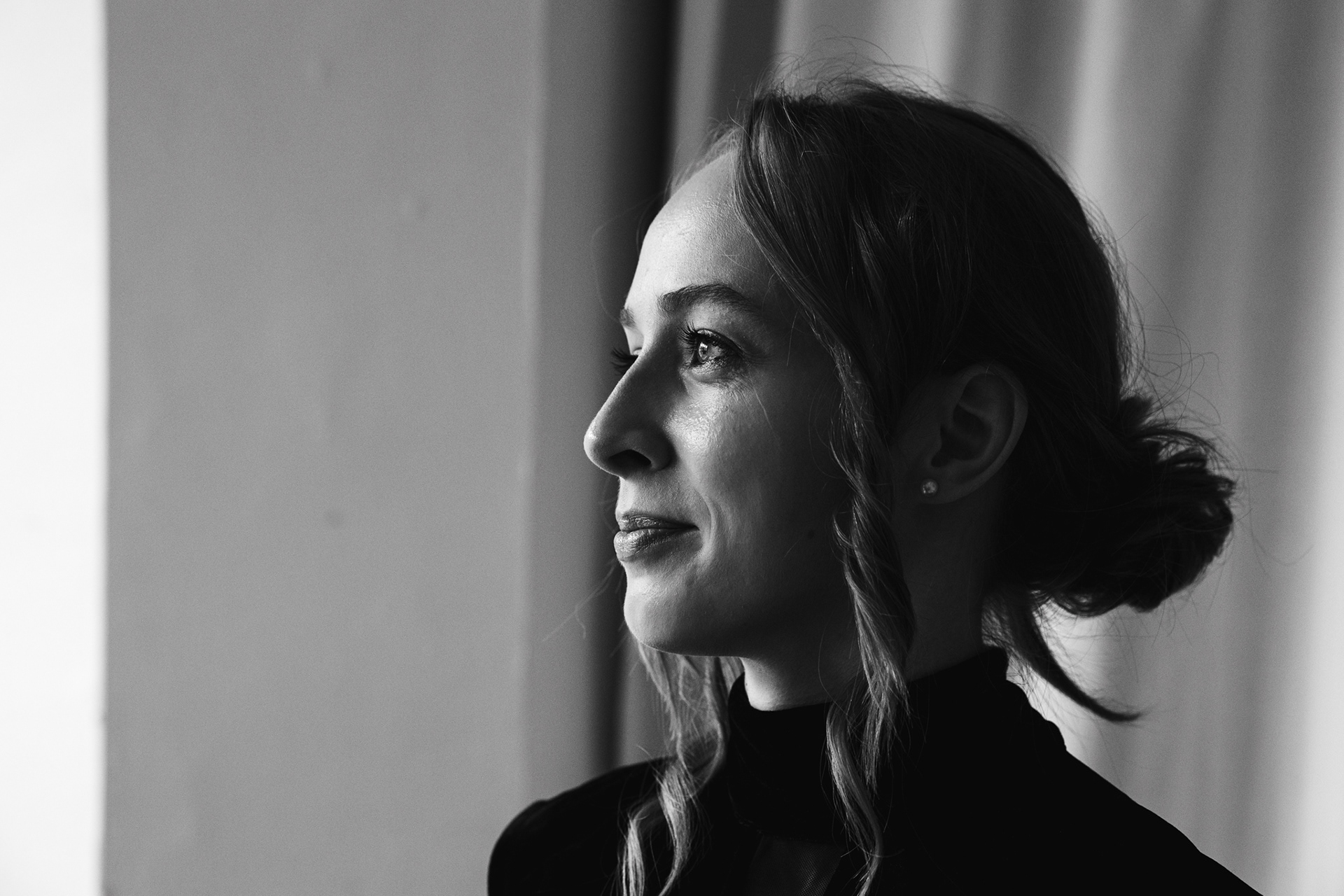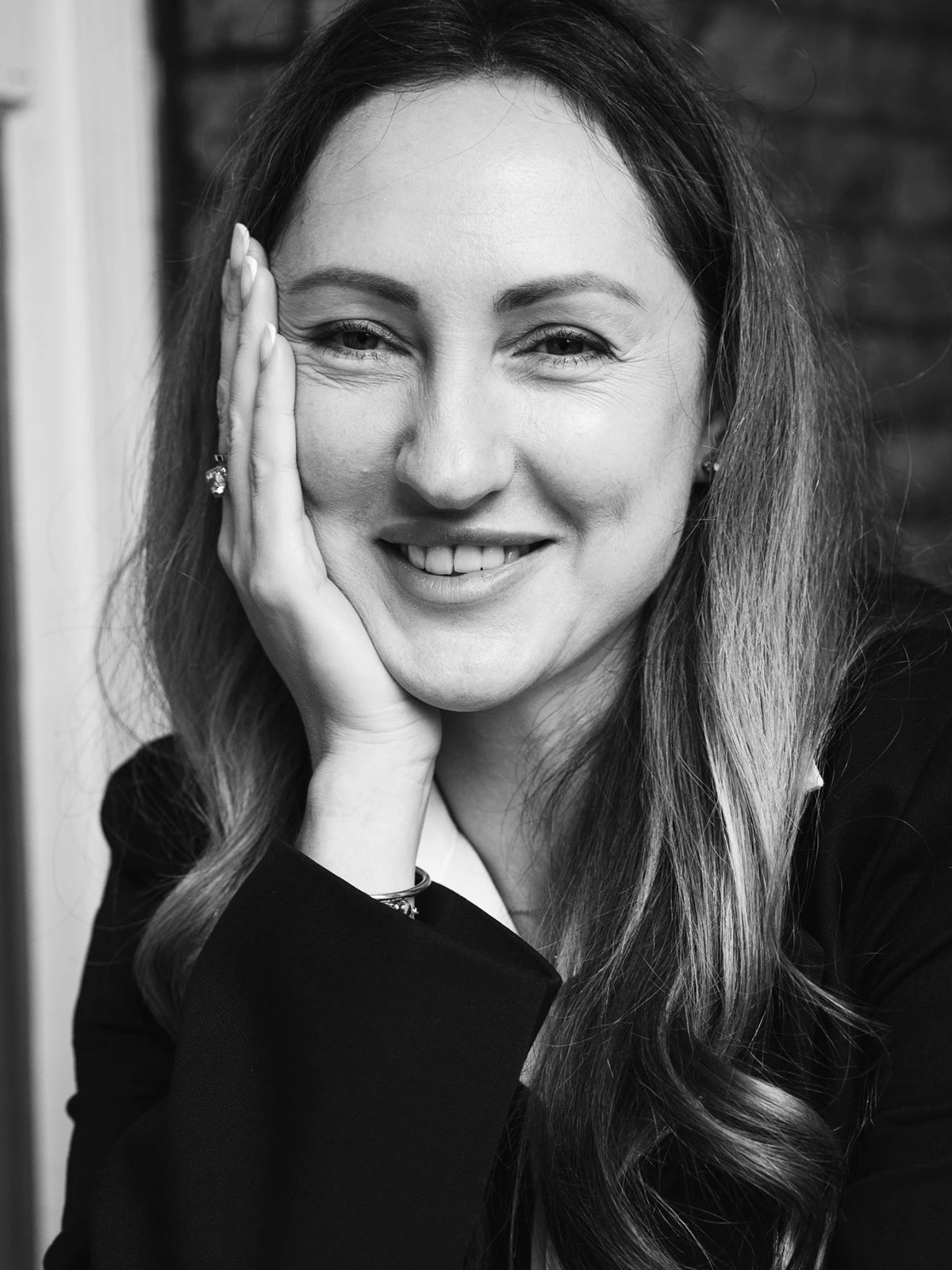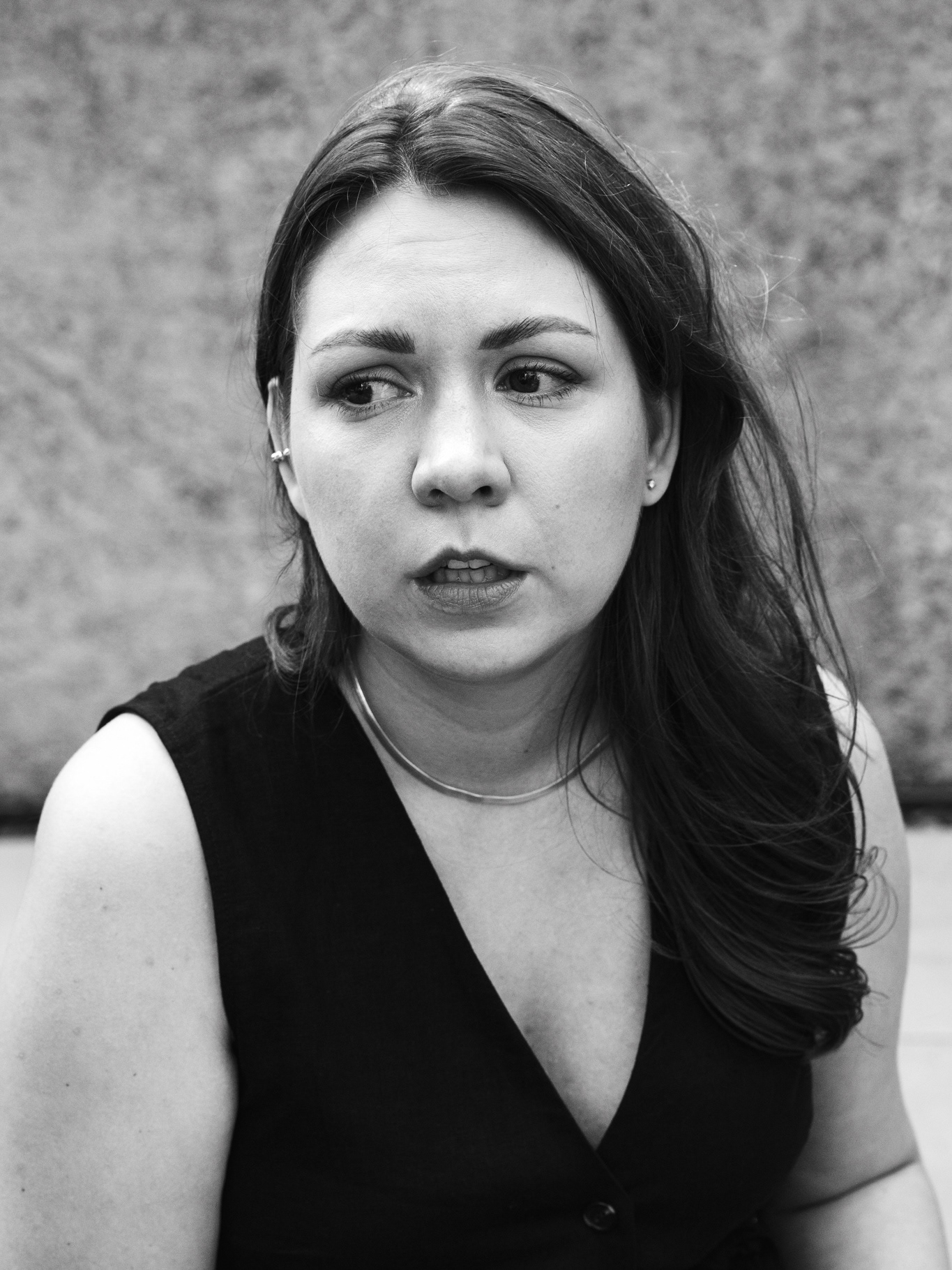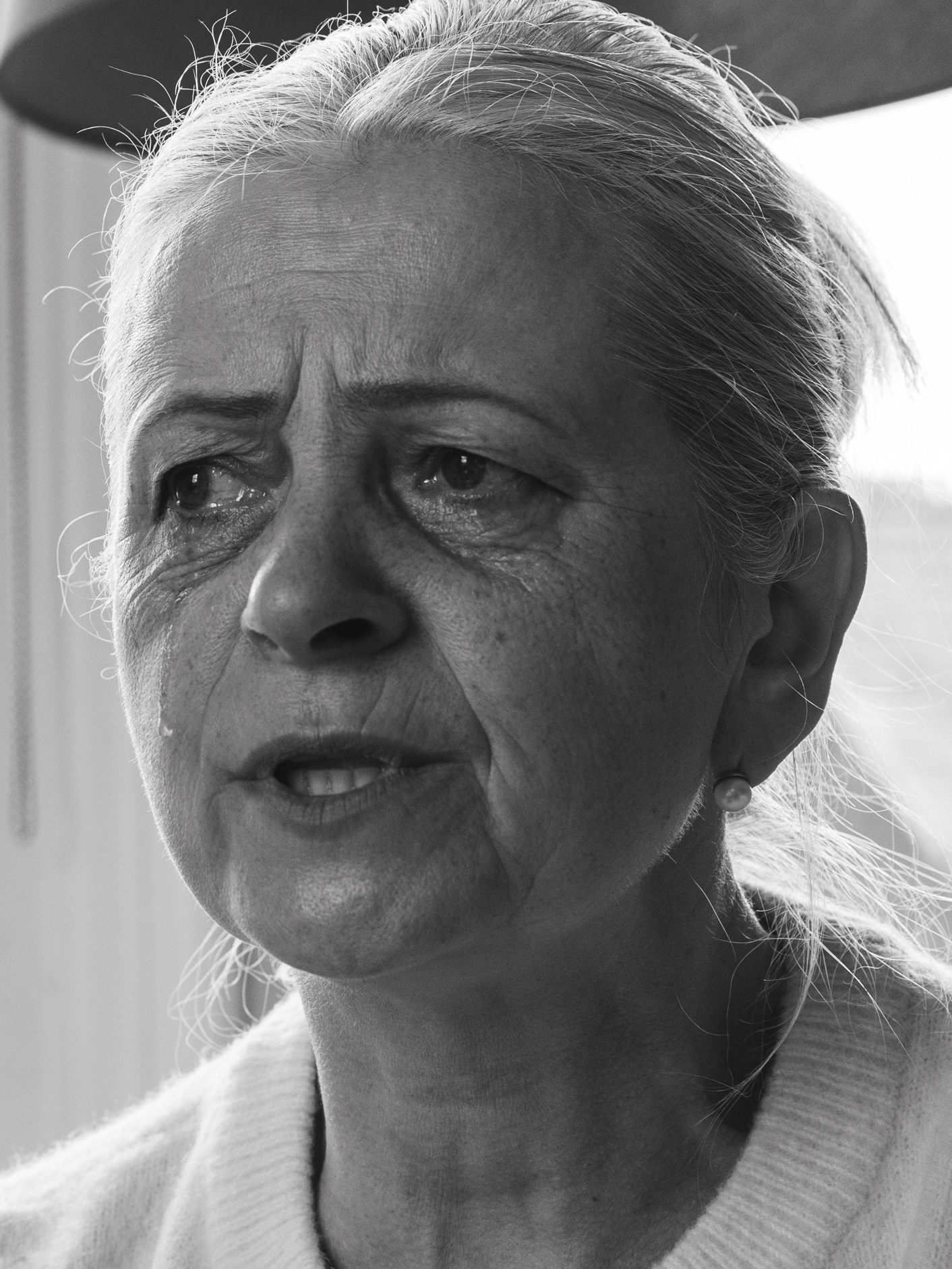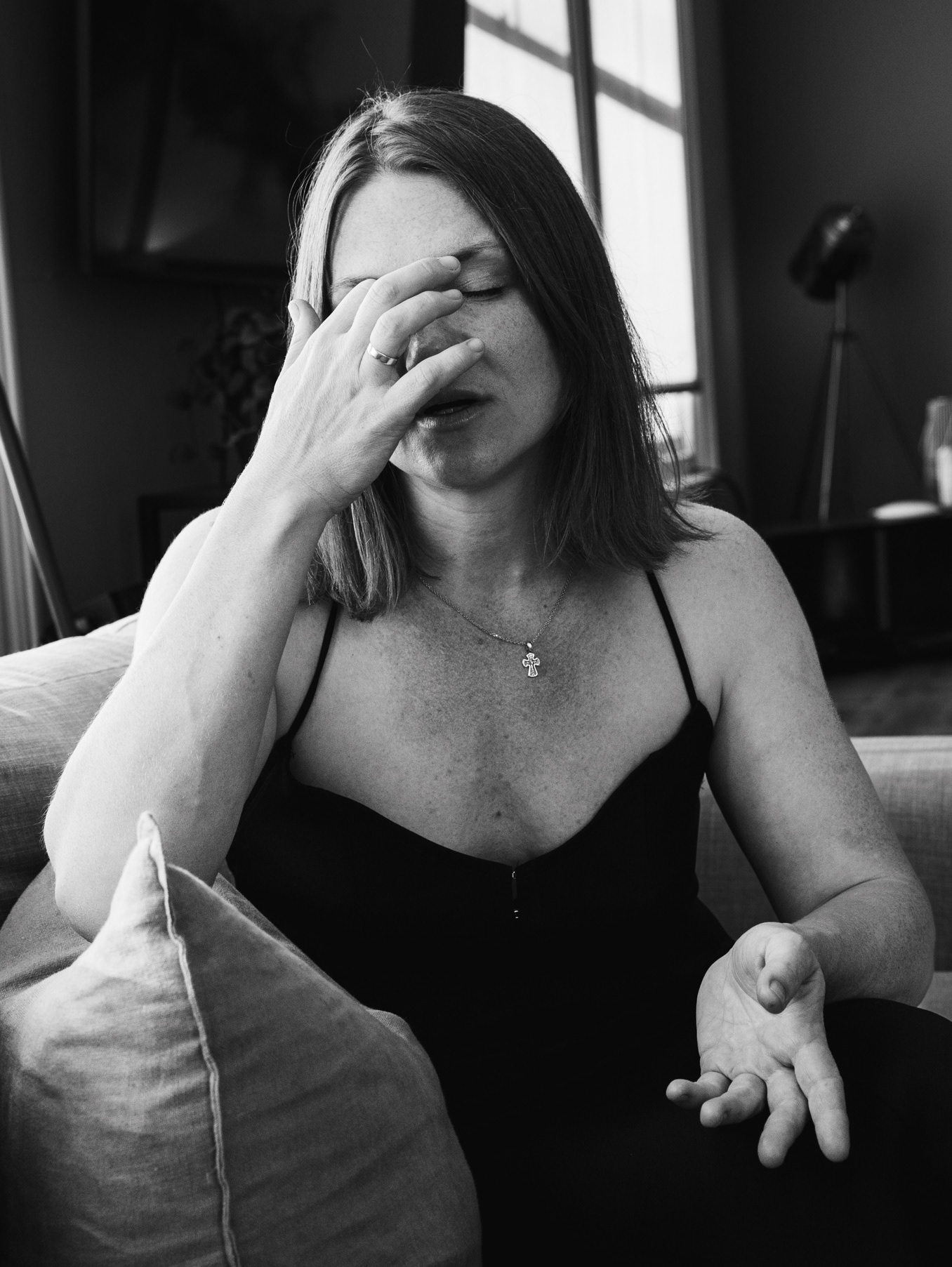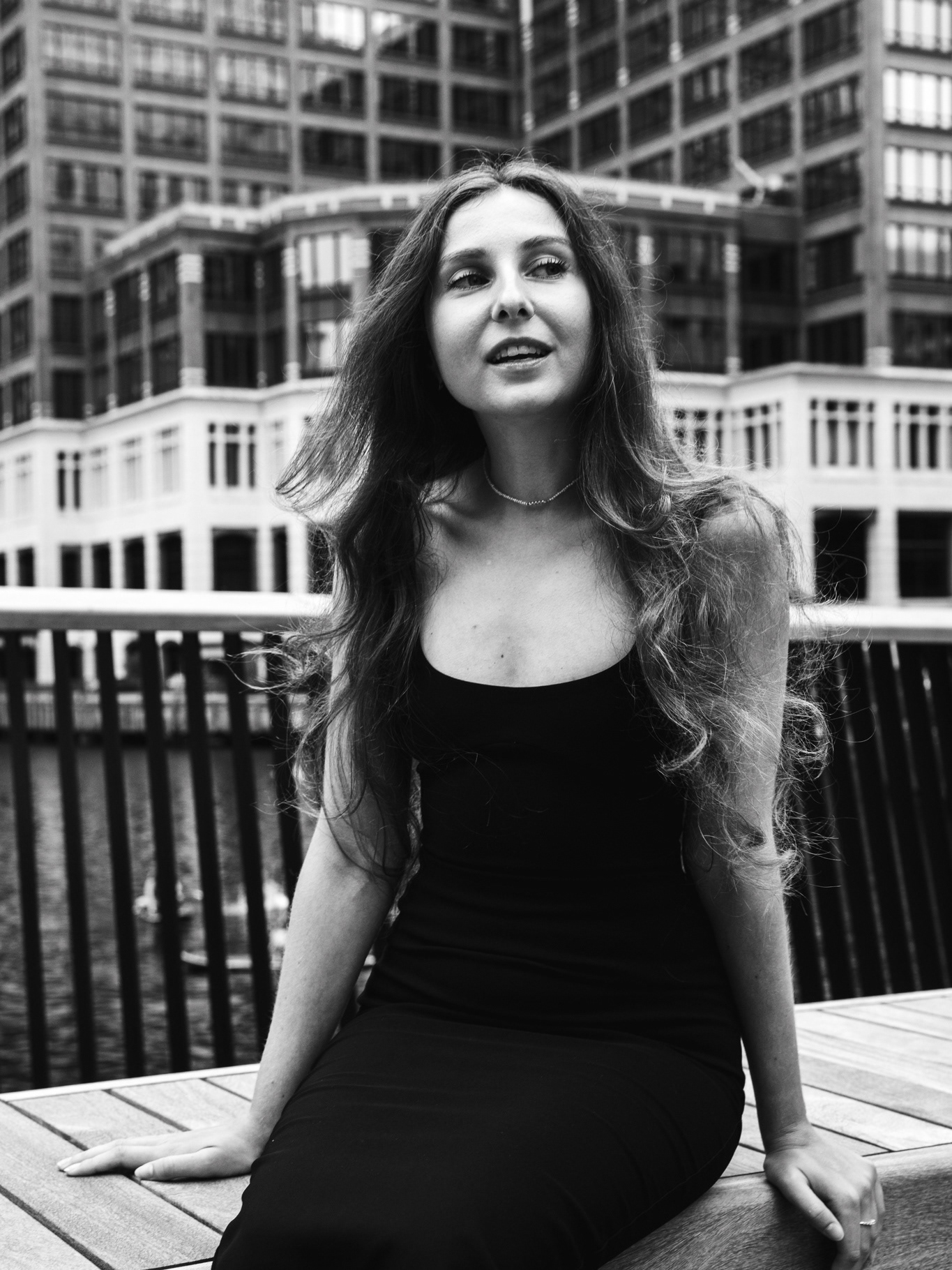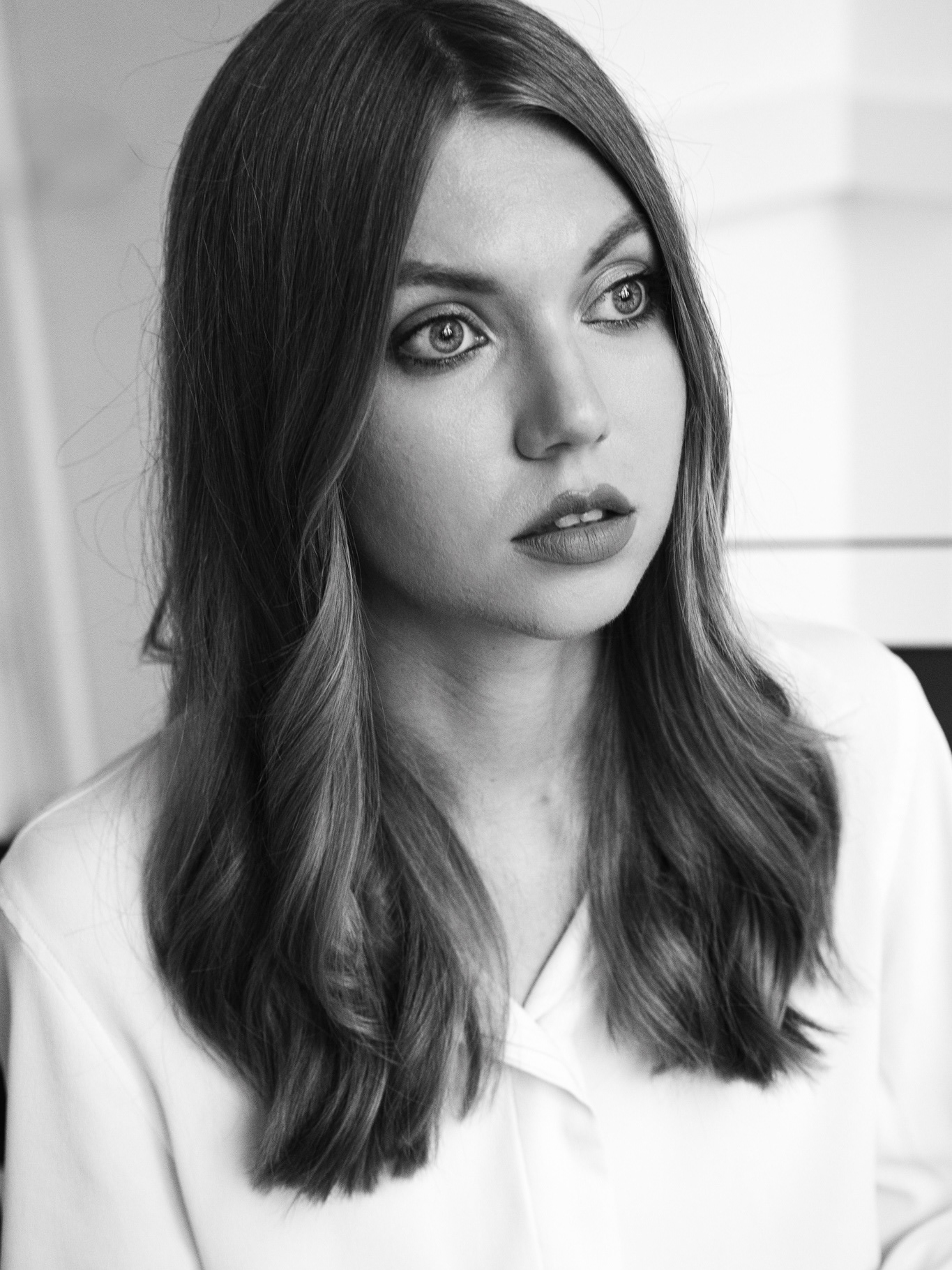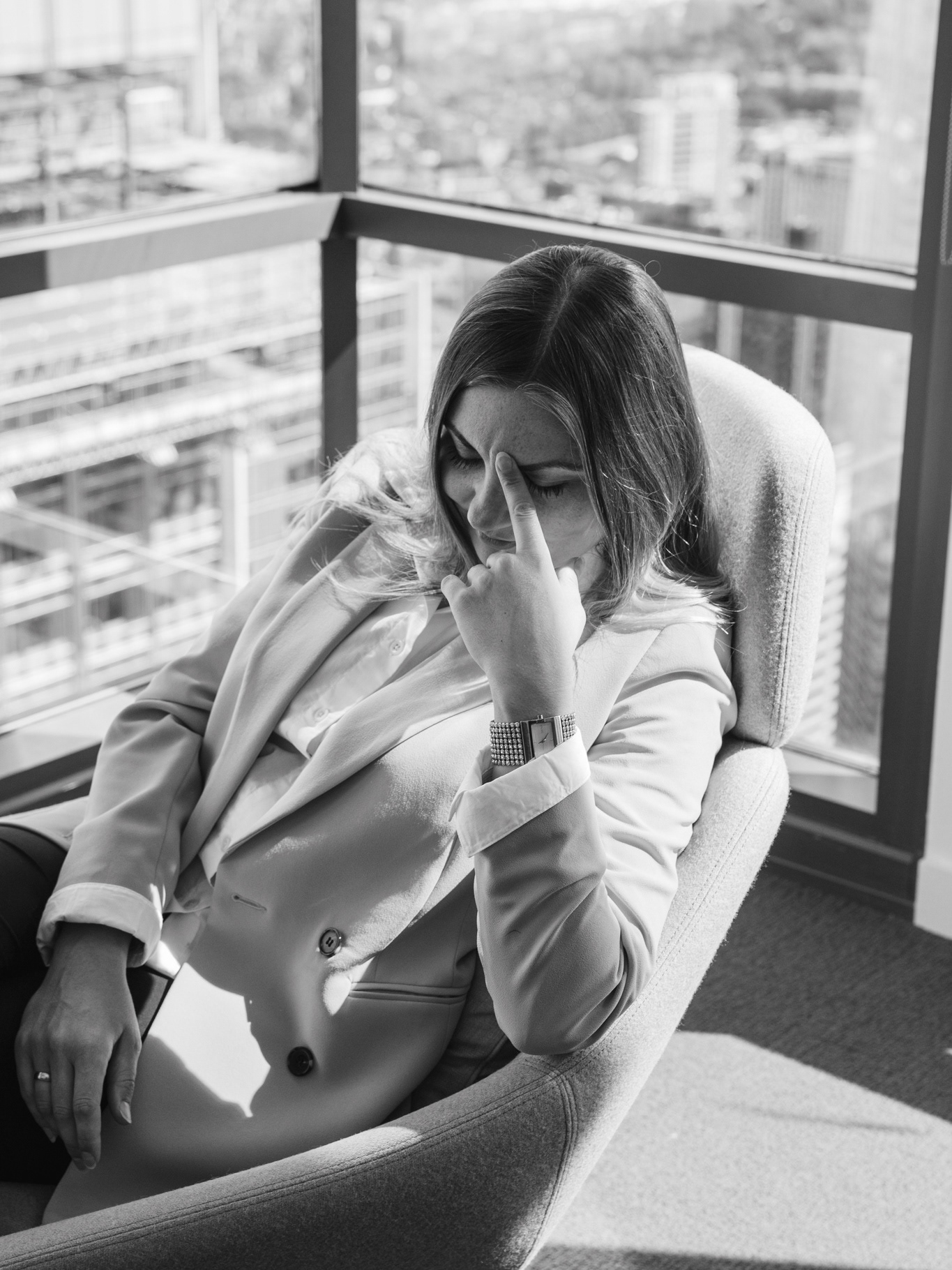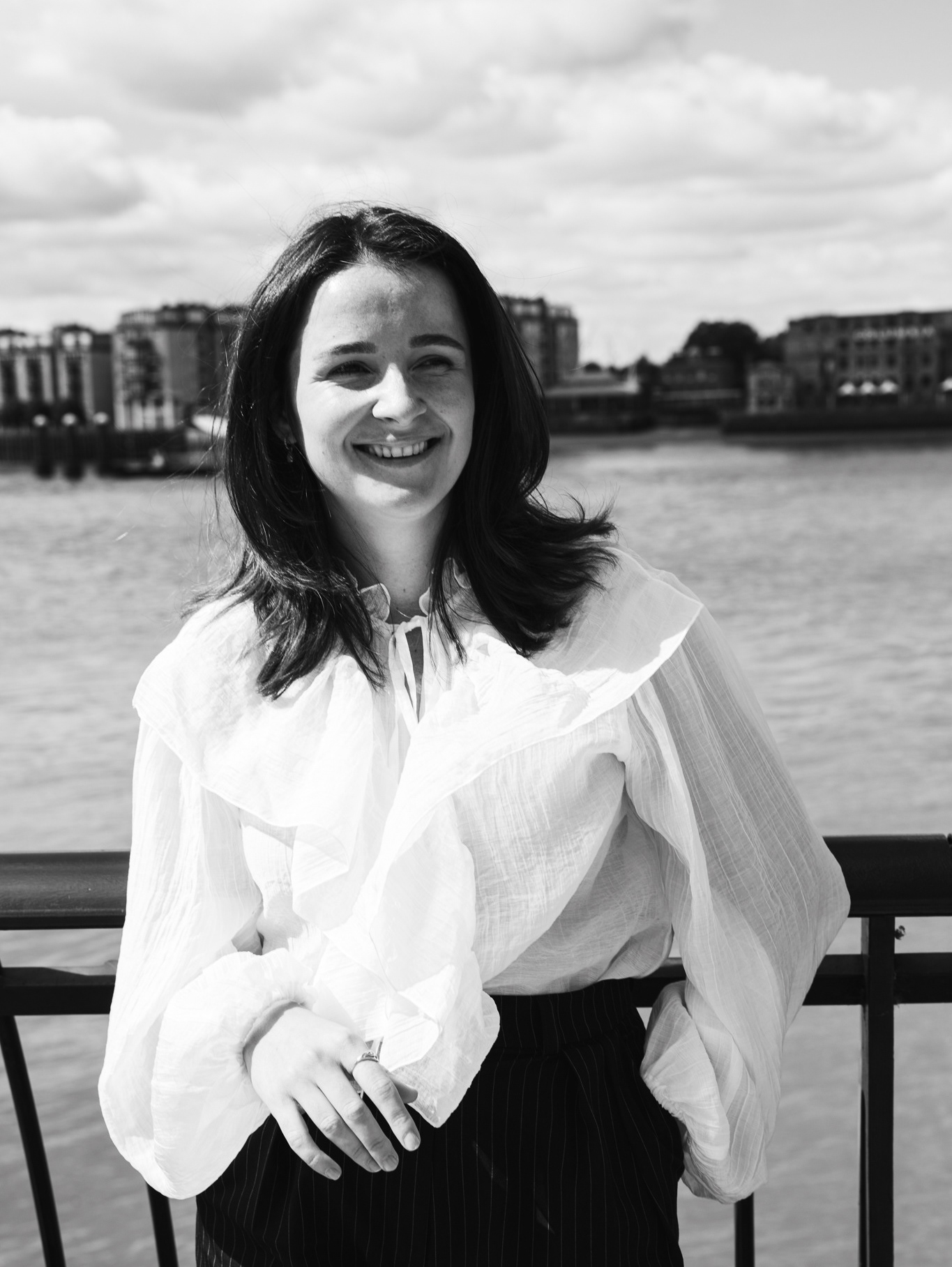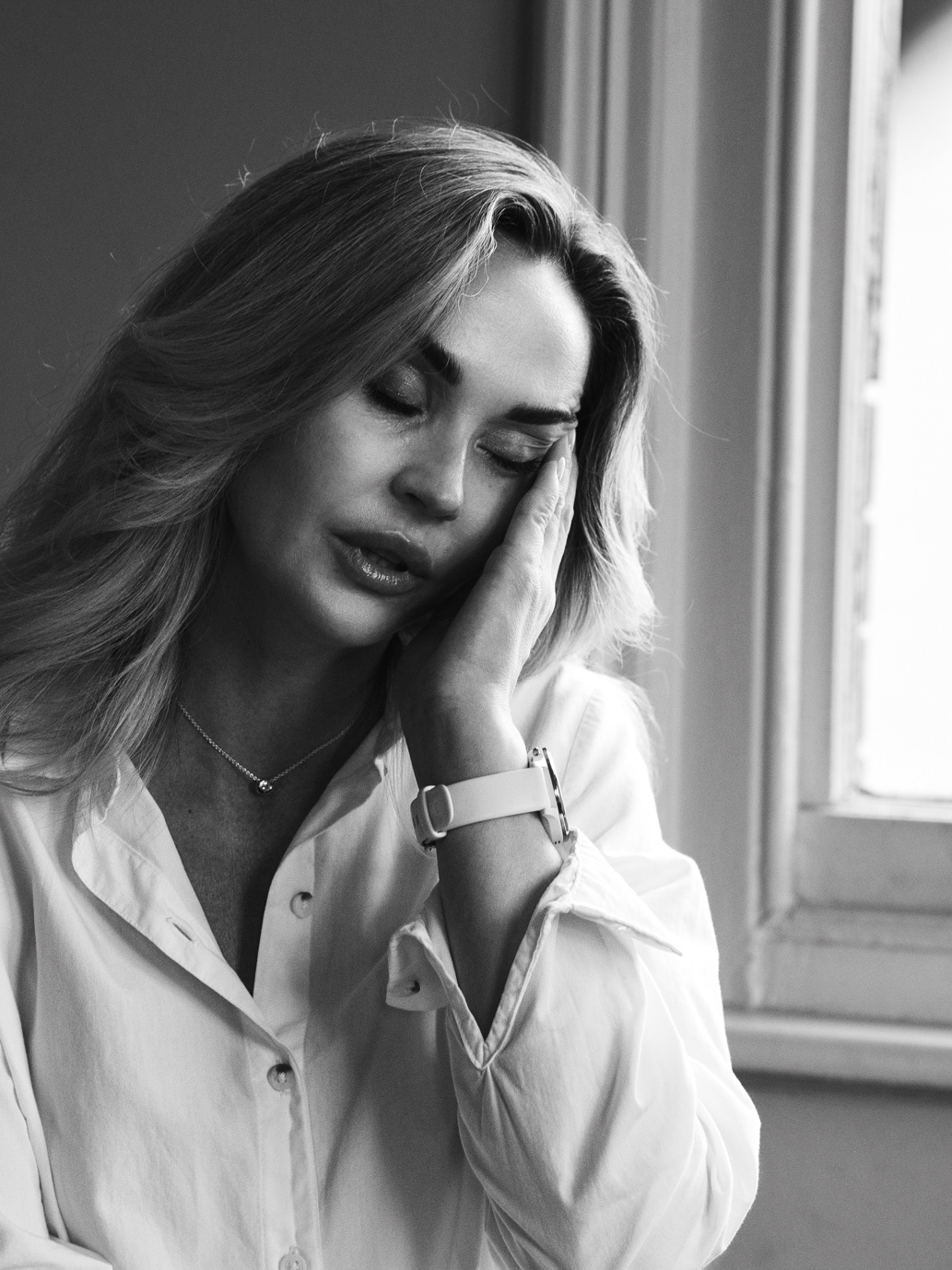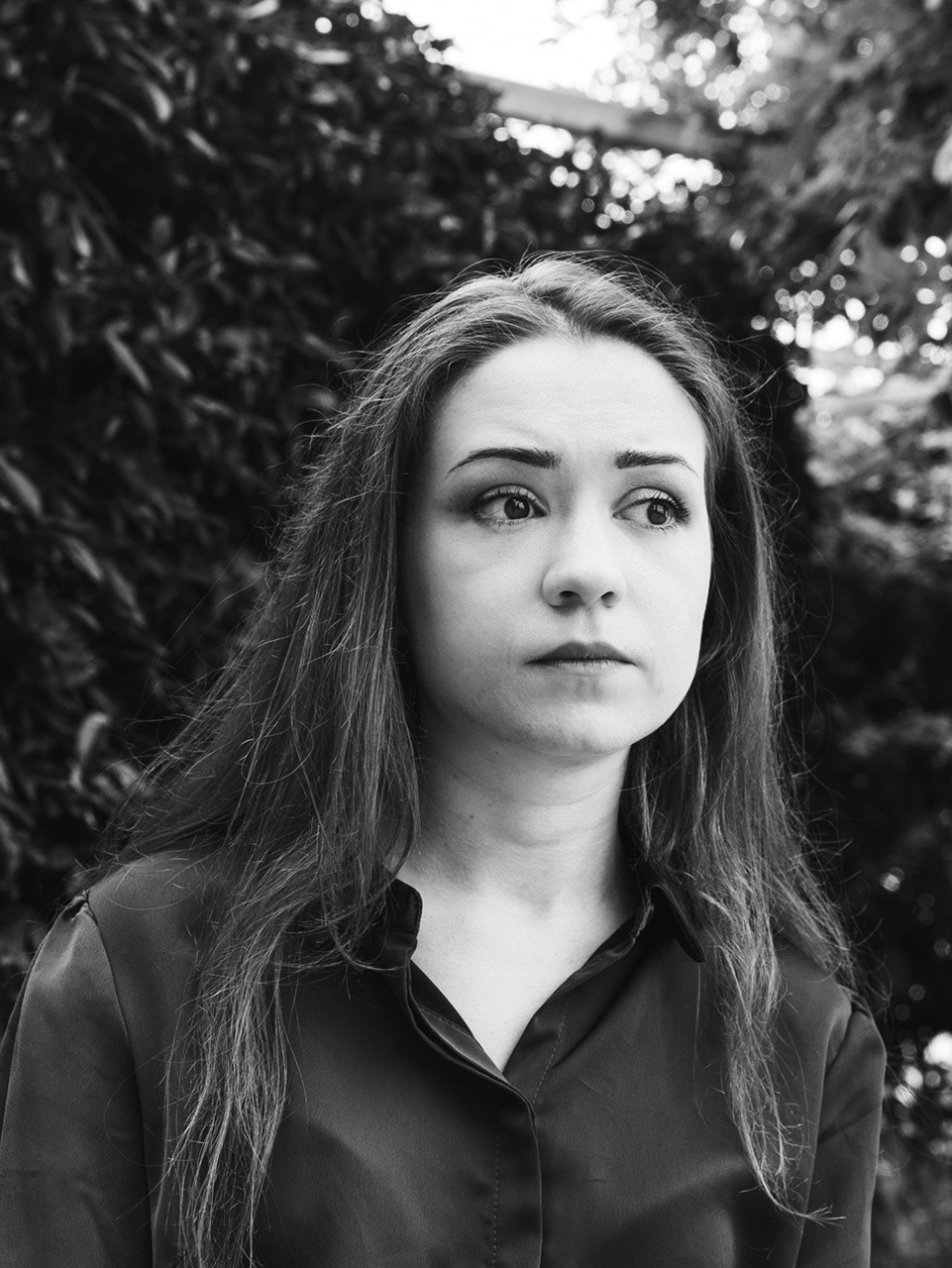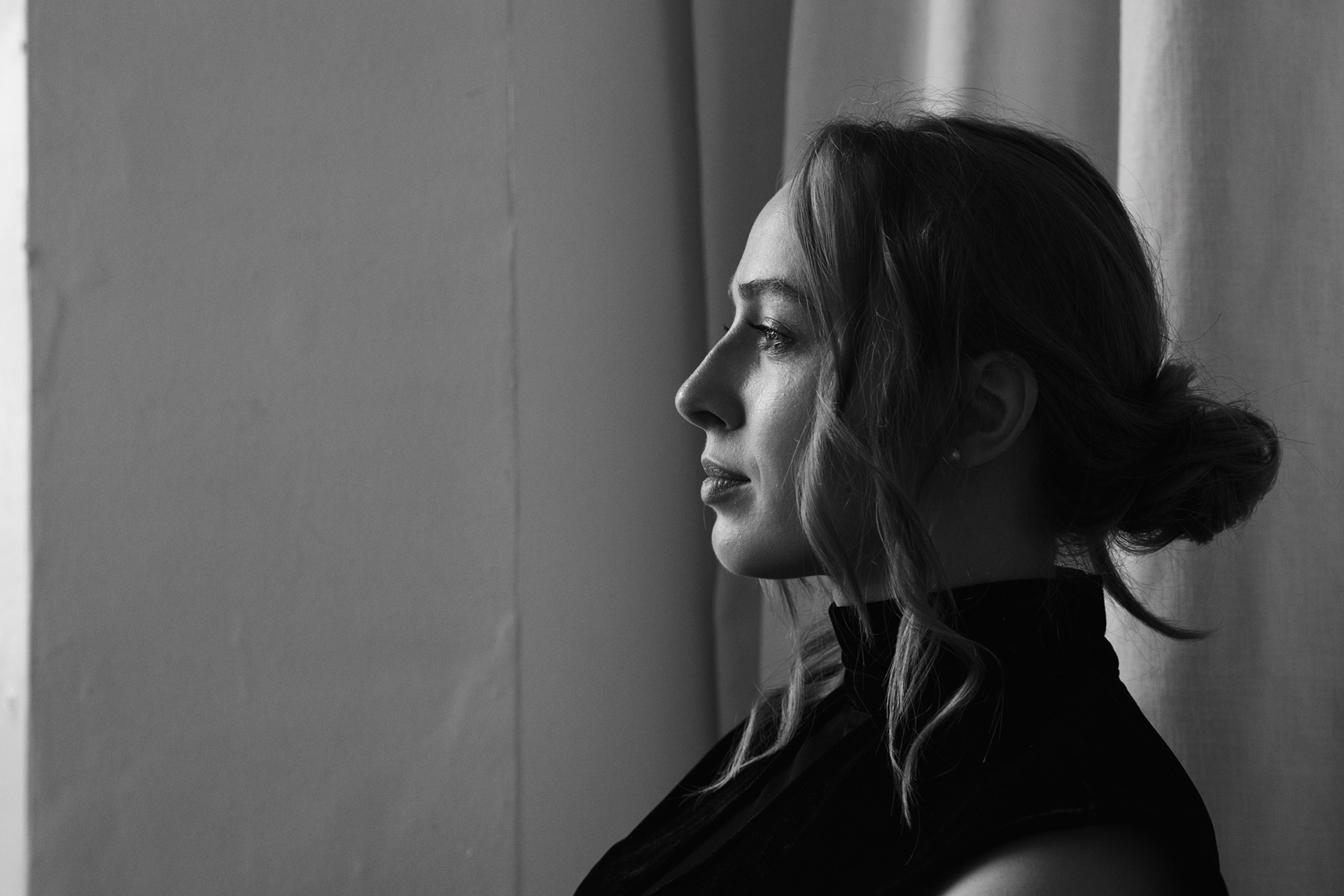
Kyiv, February 24, 2022. This date became a turning point in the life of Sofia Volovyk, a marketer from Kharkiv who at the time worked in the Kyiv office of the international brand New Balance. In those days, she and her team were preparing to launch new collections across Ukraine and open several new stores. Despite the tense information background, internal warnings about "trevozhni valizki" (go-bags) and first-aid training, the threat of a full-scale war seemed illusory to her. "There was a feeling that it was a media campaign aimed at intimidating people, not a real threat," she recalls. A similar skepticism was characteristic of many Ukrainians in those early days. Relatives from Kharkiv and Donetsk regions, accustomed to instability after 2014, only reinforced this impression, reassuring her: "It's just the news."
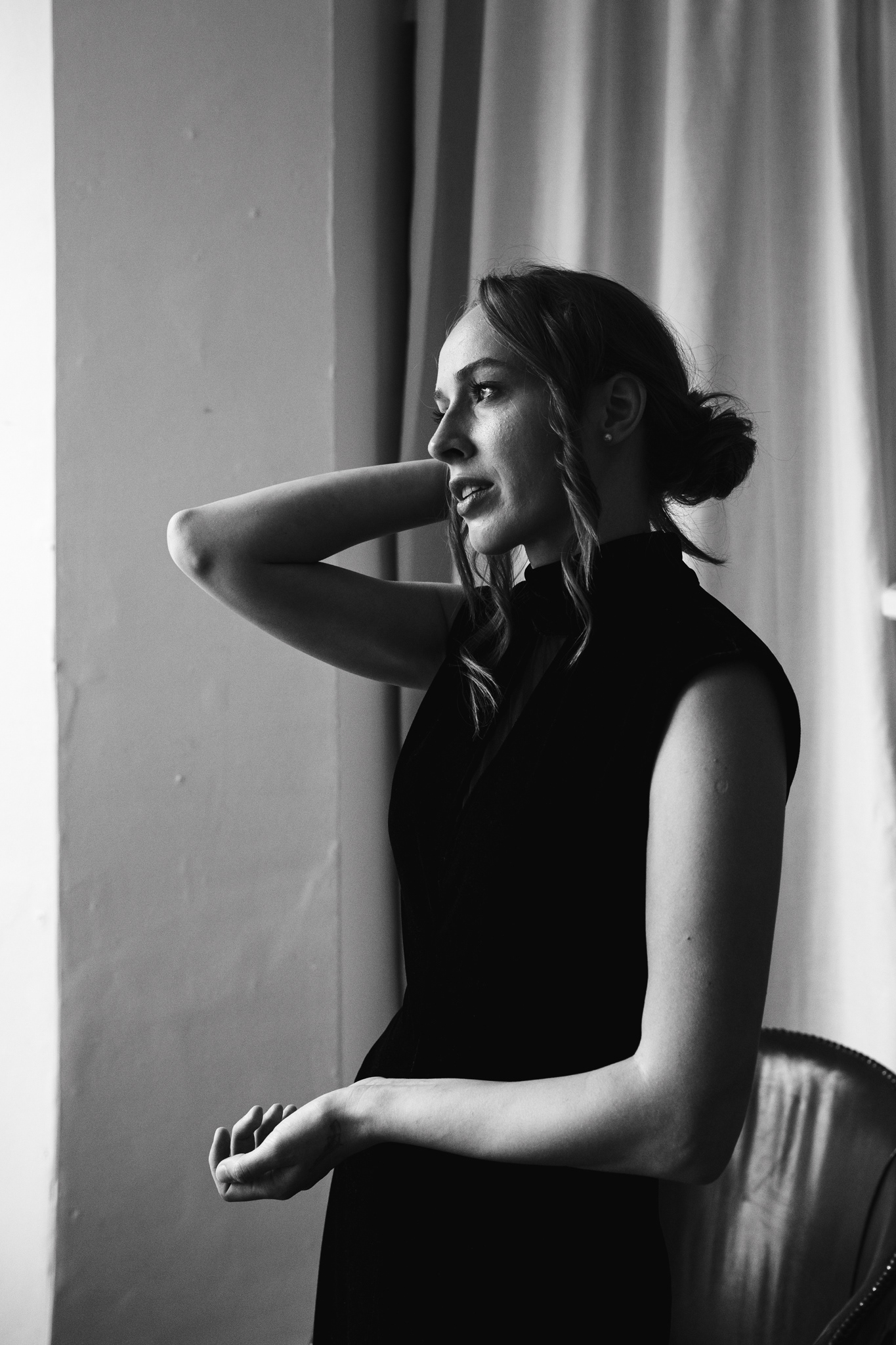
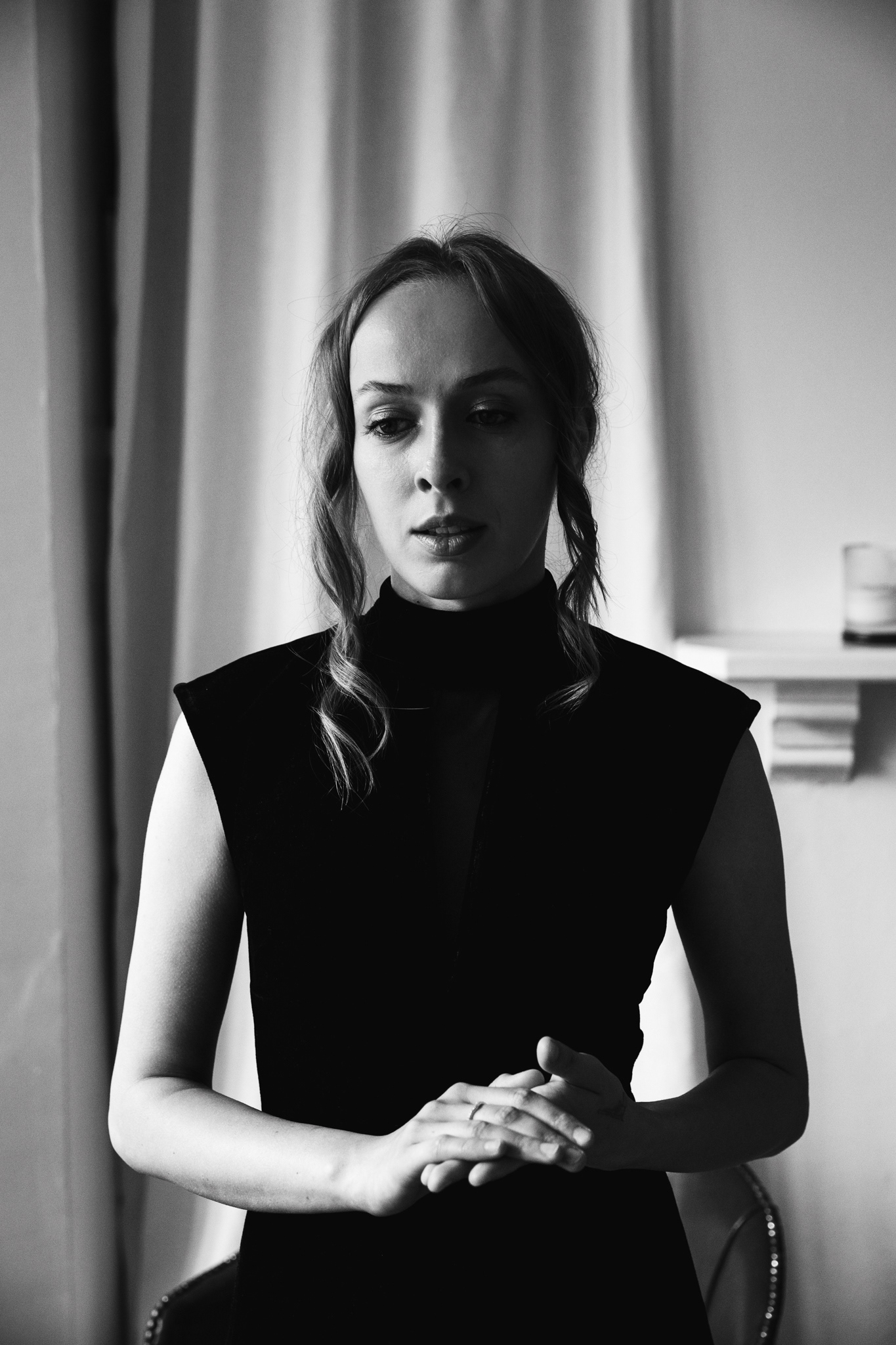
The first days of the war: Awakening from illusions
On the morning of 24 February, the war announced itself with an explosion near Boryspil Airport. The city woke up. At first, Sofia went back to sleep — physical exhaustion and psychological numbness outweighed fear. But dozens of missed calls pulled her back into reality. Family messages read: the war had begun. Her employer advised staying at home. The instructions were short and stark: stock up on water and food, withdraw cash. In the supermarket there was chaos — children crying, shelves stripped bare. “It was the most frightening thing I had ever seen. Psychologically it was crushing. You feel powerless,” she says. That morning Kyiv suddenly resembled London during the Blitz, everyday life erased by explosions, routine pushed underground into shelters. From her balcony, Sofia watched the rhythm of the city change: military convoys moving down the roads, neighbours packing their belongings, some already leaving the capital. She decided to stay, unsure where to go, what to do, how to act. She needed time to process the reality. Communication with family was patchy. Telegram channels became her only source of news — fragmented, alarming updates on airstrikes, troop movements and urgent warnings. On the third day she managed to reach her mother, who admitted she had been outside and seen planes flying overhead. “She’s incredibly resilient,” Sofia says. “She didn’t believe it would last long. She thought Kharkiv would be spared. And that life can’t simply stop, even when it feels like it already has. We both needed time to grasp the scale of events, and to learn to distinguish real threats.”
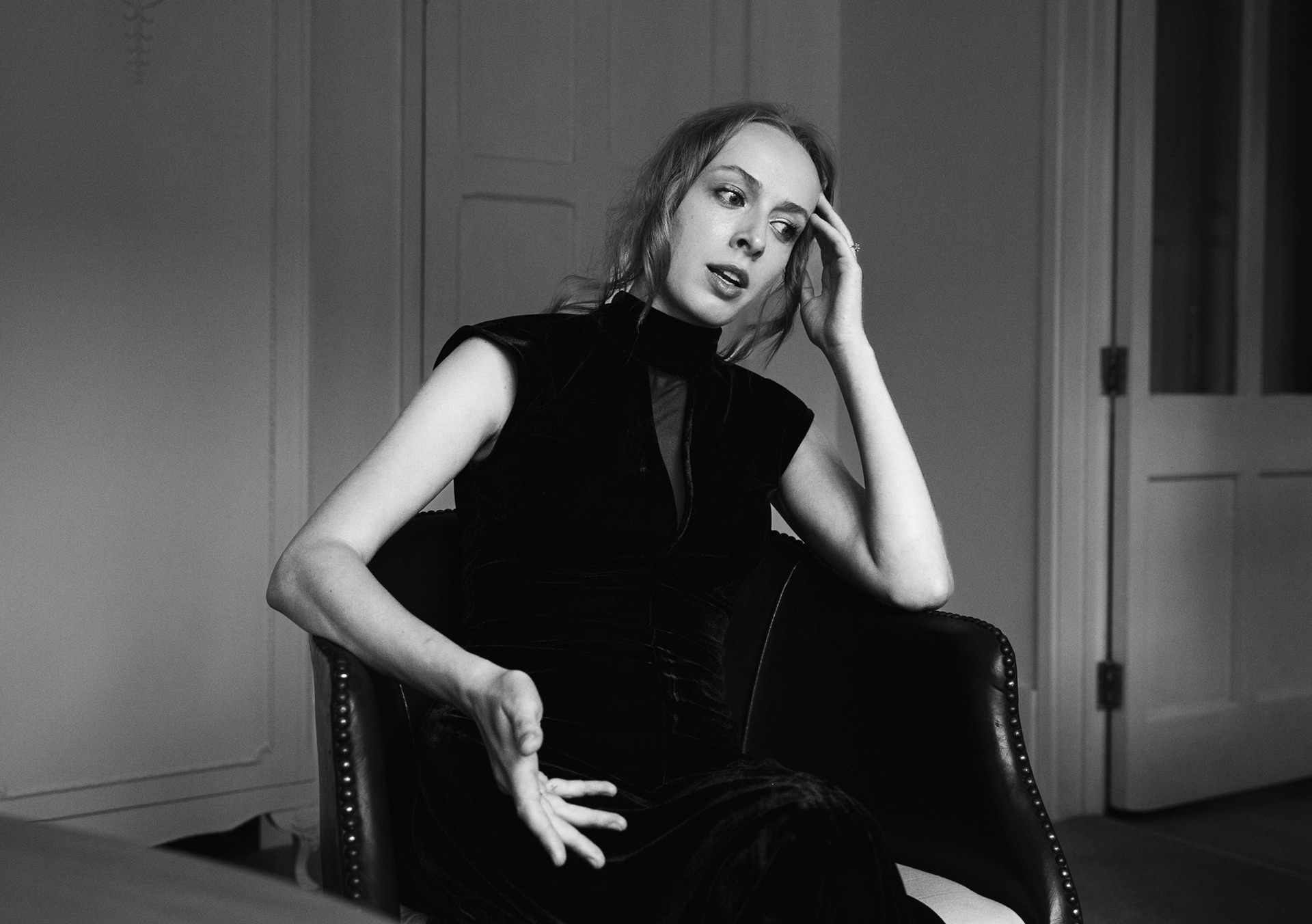
Losses, transformation, and new values
Alongside the news of shelling in Kharkiv, reports of Kadyrov’s troops in Kyiv and the violence spreading across the country came a deep rethinking of where the boundaries lay. In a state of full-scale war, familiar ideas about morality, law and duty no longer operate in the same way. “What in a peaceful society seems unthinkable becomes, in the new reality, a question of survival,” she recalls. One of the most searing blows was the news from Kharkiv region. Occupying forces had driven her relatives from their home, ordering them to leave everything behind, including their two Saint Bernards. “Either you leave the dogs, or you risk the children,” they were told. The family left; the dogs stayed. They were not just animals but part of the home, part of a life. Their fate remains unknown. Sofia struggled to shake off the sense of powerlessness in the face of brutality that spared neither life nor heart. She would spend hours in the bathroom, considered the safest place to shelter in a high-rise. Darkness, whisky, hands trembling, days of sleeplessness. And then a thought cut through the noise: What if someone kicks in the door? What if they break in? Could she fight back? Could she kill, if it were the only way to survive? How does one defend against a group of armed men bent on destruction? The answer came without hesitation: yes. Not from hatred, but from instinct. From the knowledge of a boundary crossed. This was not aggression, but the ultimate form of responsibility for one’s own life. “I realised I would never be the same again. And that this was not the end. Instead of being afraid, I began to build a new version of myself — one able to hold the gaze of uncertainty and remain human. A human who values her own life.”
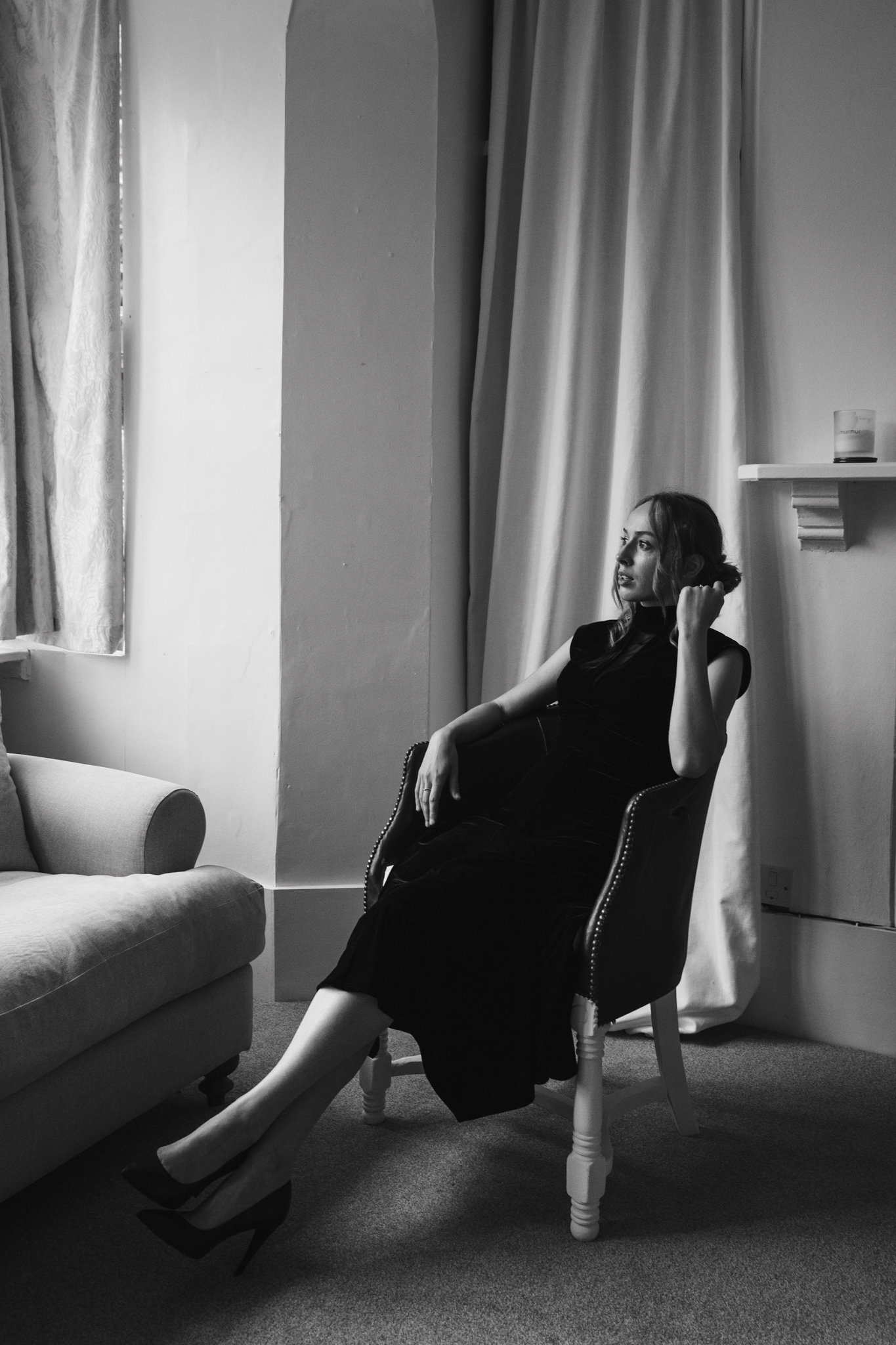
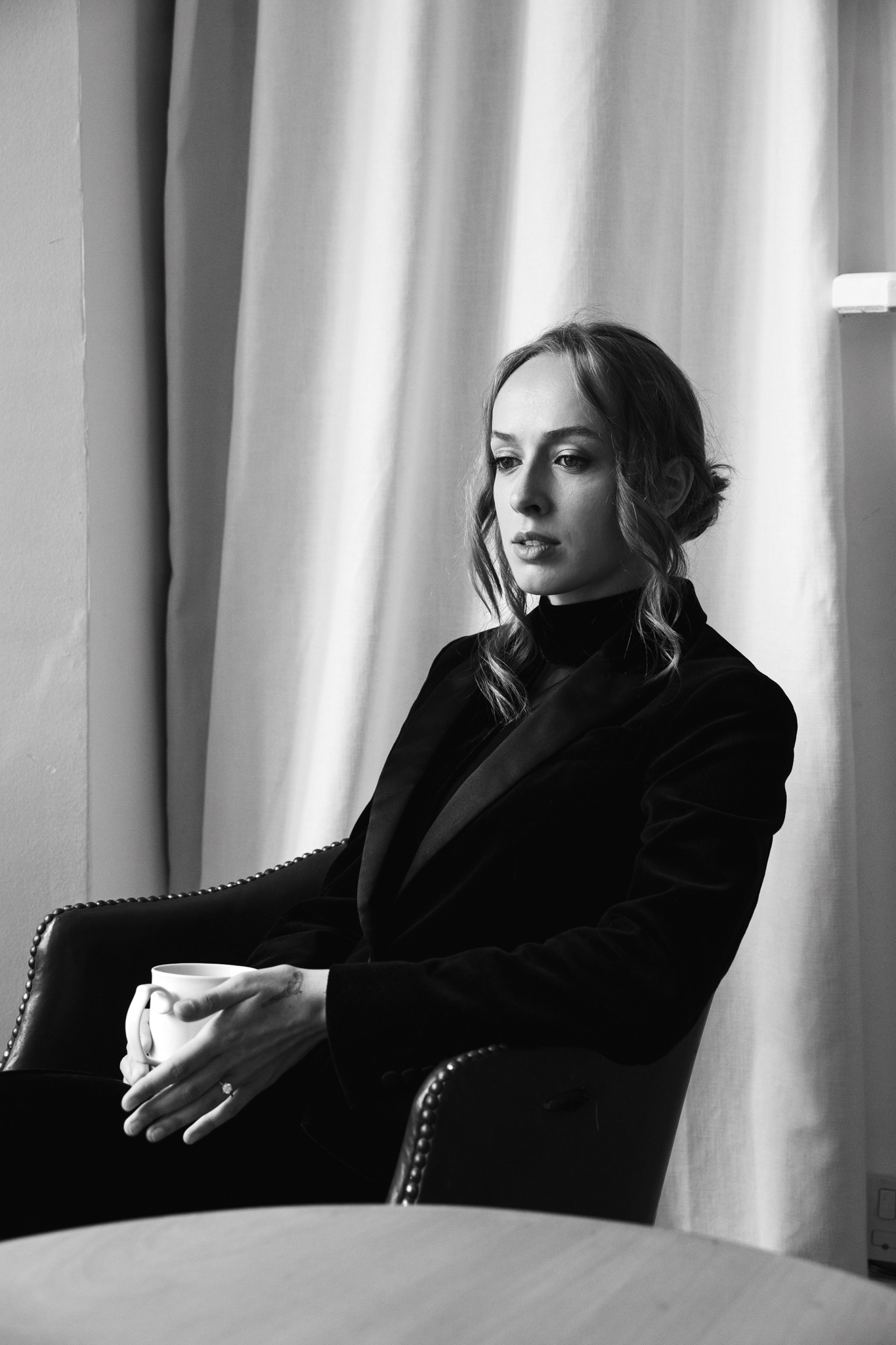
Fate and the decision to evacuate
The situation was deteriorating by the hour. Railway infrastructure was coming under fire — the path to evacuation was vanishing fast. Food and water were running out. Moving around the city had become dangerous. That was when Taissia, a former colleague from Kharkiv, called. She was in Lviv with a young child. Her company had rented a flat for those fleeing from the east. “Come. We have space,” she said, her voice breaking. She had seen death on her way out. “I took it as a sign,” says Sofia. She rang her mother. “Mum, pack your things. This is war. We have to move while we still can.” According to the timetable, there were 45 minutes until the last evacuation train to Lviv. There were no taxis. She packed a rucksack quickly — documents, laptop, the bare essentials — and set off for the station on foot. At the station: hundreds of people with suitcases, children, dogs, cats. No announcements, only commotion, instinct and fear. An empty train to Kharkiv passed through. Then another appeared. Someone whispered, “This one’s heading west.” The words spread along the platform like a password. People pushed to squeeze into the carriages. There were no seats, but that no longer mattered. A few days later her mother and sister reached Lviv. Soon after, Sofia travelled further, across borders, through exhaustion and silence. She still didn’t know what lay ahead. And she often recalled the words of her late great-grandmother, who had lived through the Second World War: “The only way is forward.”
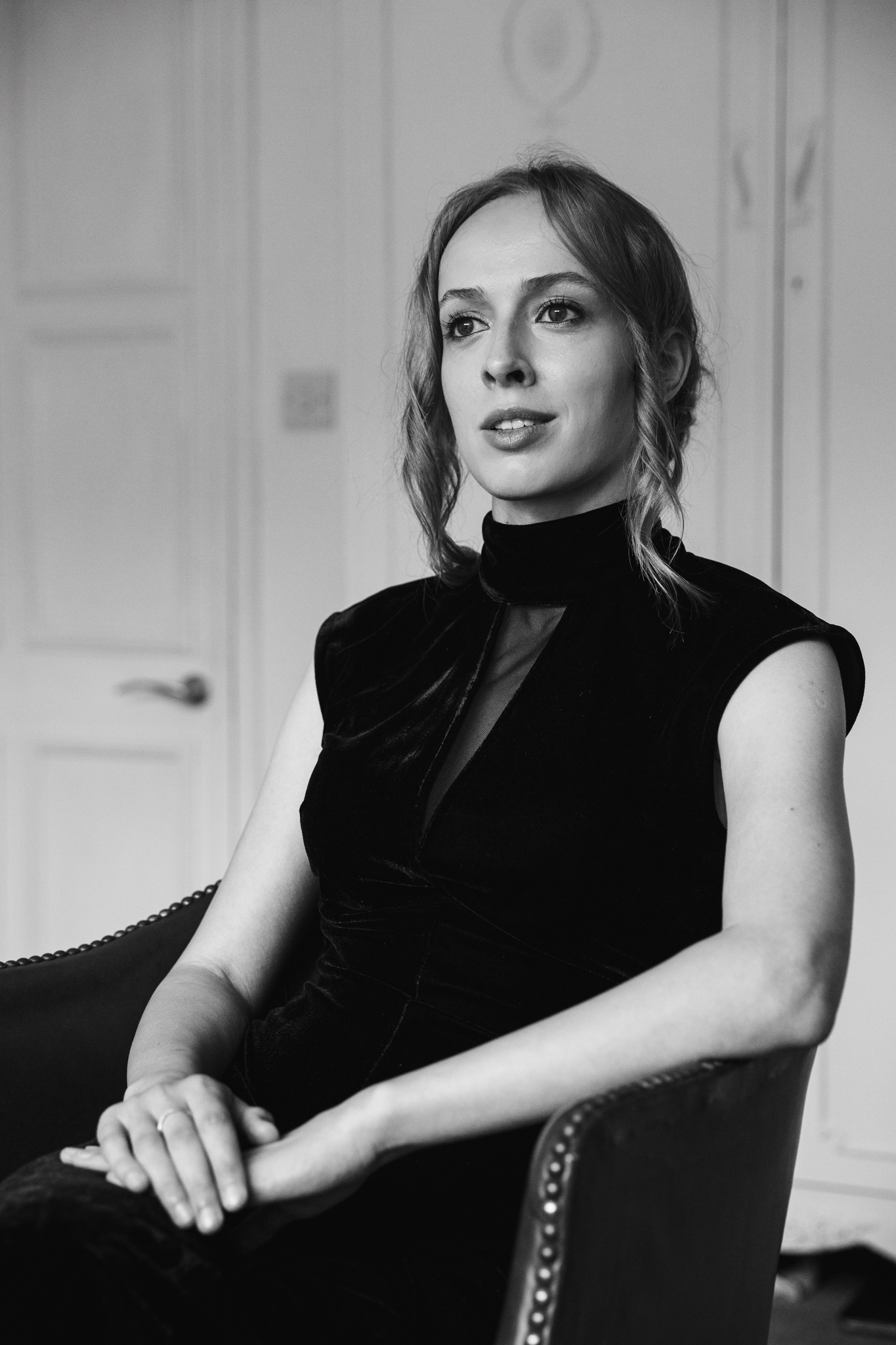
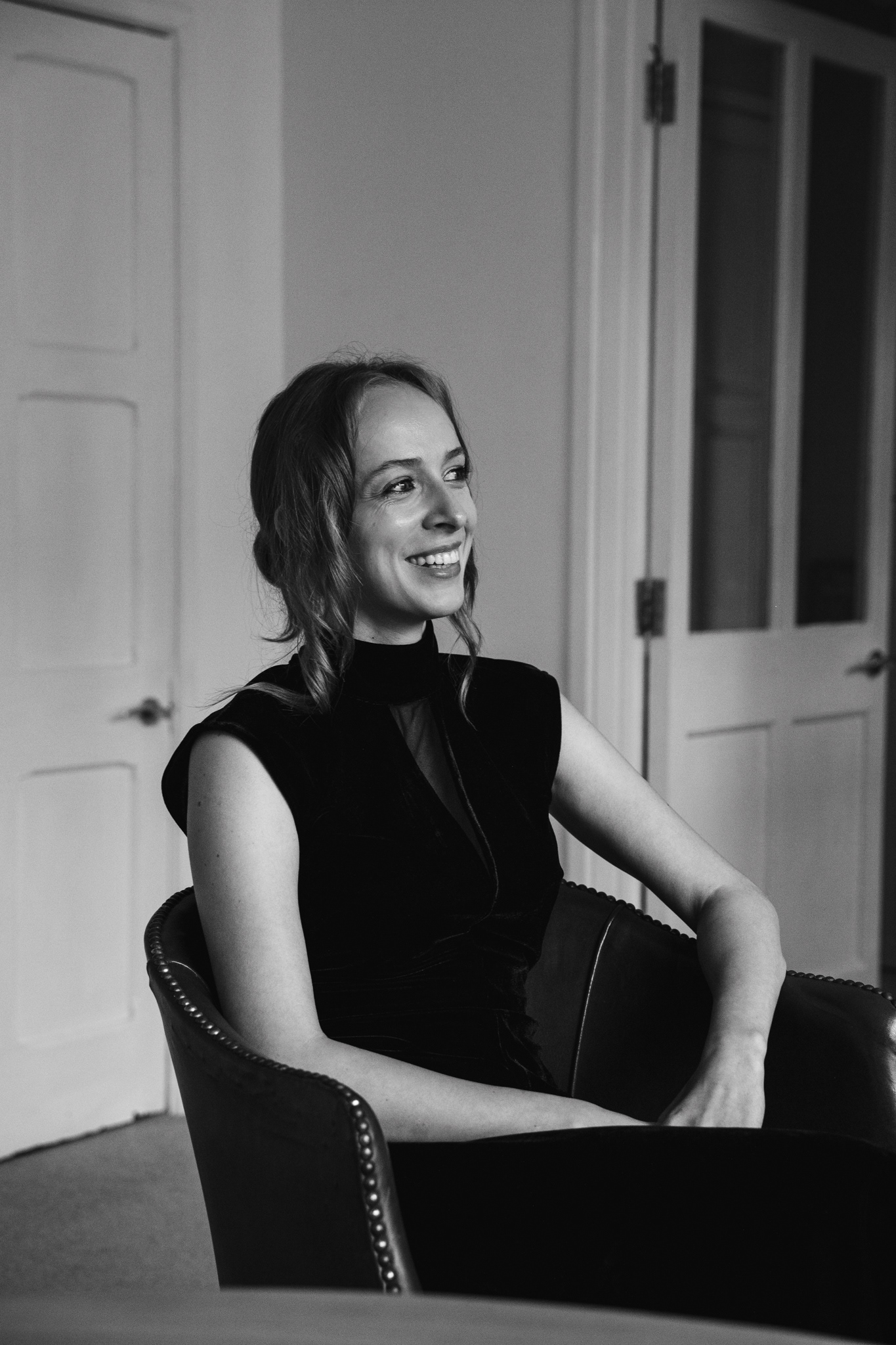
Britain: Volunteering as a mission and adaptation
Arriving in the United Kingdom was not simply a relocation for Sofia, it marked the beginning of a new mission: volunteering. She was searching for more than a safe refuge; she needed a new psychological anchor, something that would help her endure after what she had lived through. Her compass became the concept of tikkun olam — the ancient Jewish tradition of “repairing the world through good deeds”, which Sofia had first discovered as a teenager. “I needed to create positive change around me,” she recalls. “It was my way of not breaking.” At first, she joined local volunteer initiatives, but quickly realised that humanitarian aid alone was not enough. Cultural presence was needed — dialogue, connection. Out of this came Swindon Welcomes Ukraine, a project Sofia co-founded with local residents who were ready to support Ukrainians and act together. Meetings, concerts, community events, practical help, all were born from simple human gestures and the desire to stand alongside one another. Sofia’s motivation was both straightforward and resolute: to dismantle the stereotype of the “refugee.” “I wanted us to be seen not only as those who need and ask, but as those who bring — experience, ideas, dignity.” She saw strangers become close friends, and new bonds take root. This experience of mutual humanity transformed her as profoundly as the journey that had brought her to Britain.
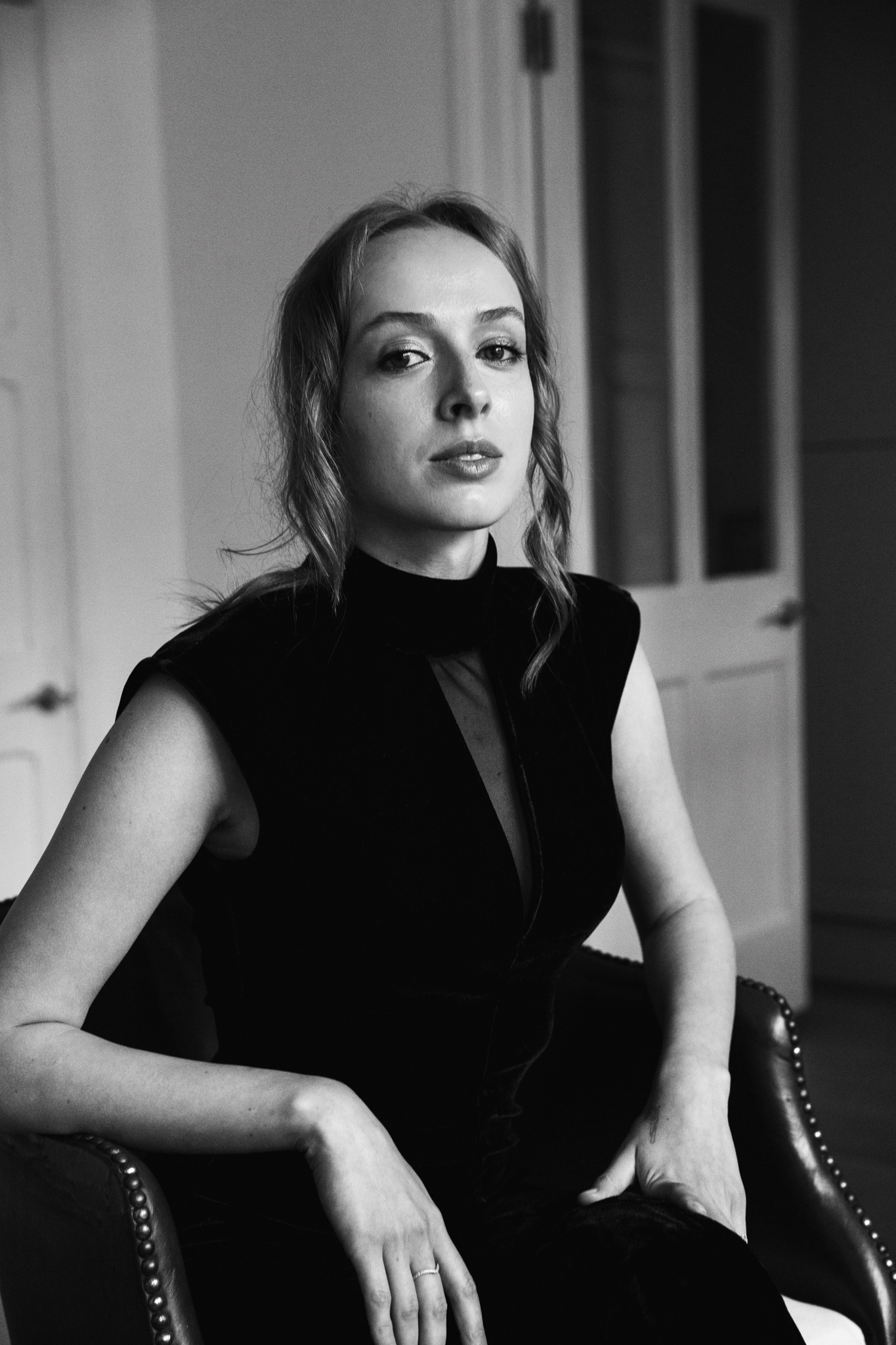
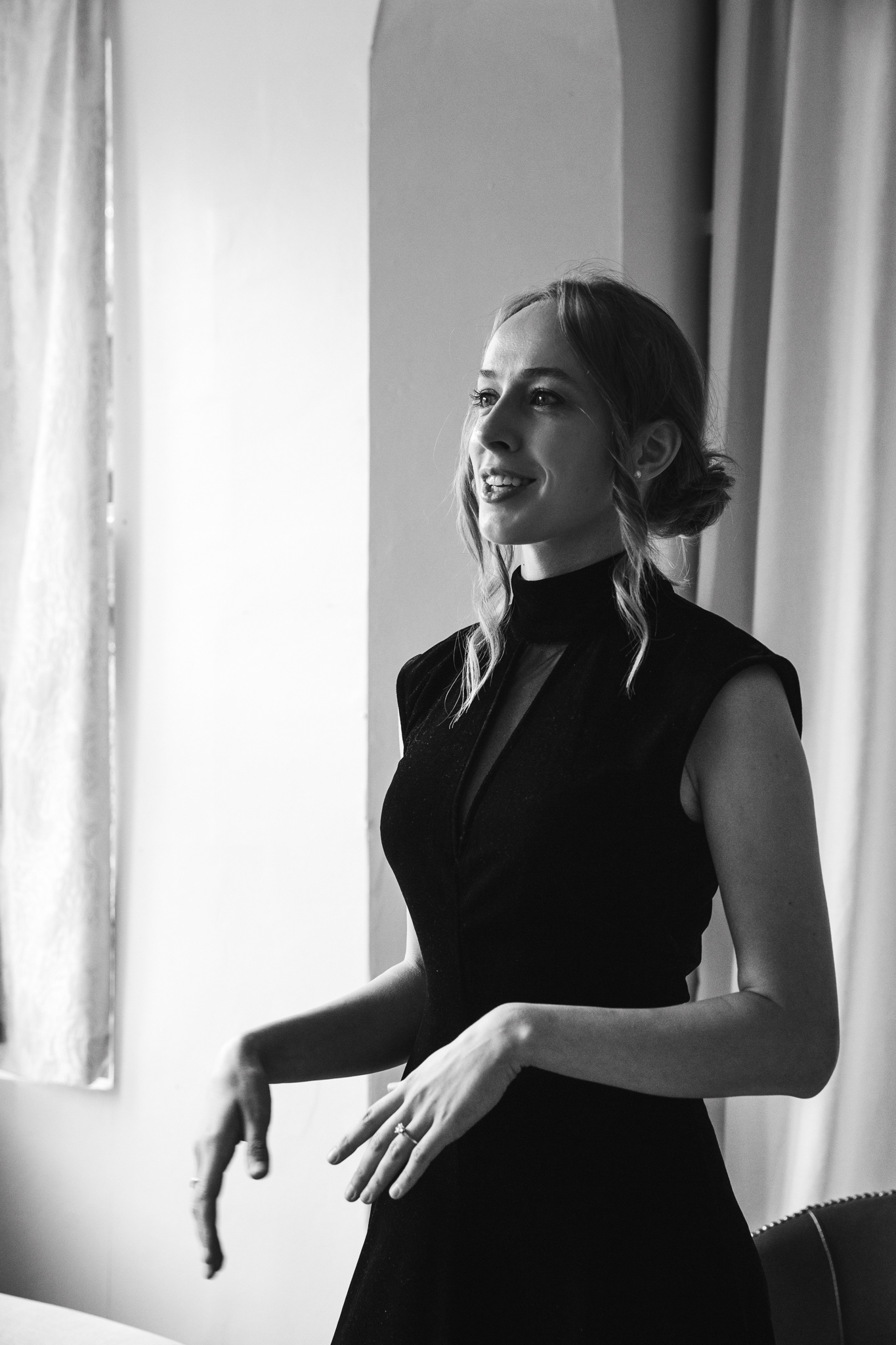
Challenges and journeys: In search of a place to belong
Life in the United Kingdom proved to be a demanding test. After arriving, Sofia, together with her mother and sister, moved into a house provided through the sponsorship scheme. What initially seemed like a safe haven gradually turned into a situation of risk. The host’s behaviour became a source of concern and, after several unsettling incidents, Sofia contacted the local council. Her active civic engagement, participating in public events, media appearances and volunteer initiatives, helped prompt a swift response: the family was relocated to safer accommodation. The prolonged stress led to insomnia, exhaustion and flare-ups of chronic conditions. The prescribed medication only worsened her wellbeing. Sofia decided that recovery had to begin elsewhere — in routine, in environment, in reclaiming herself. To start a new chapter, she made the deliberate decision to end her collaboration with an international IT company: despite the stability, working for the US market left her unable to integrate into the British professional sphere. Through Facebook she found a new sponsor, Jeff, with whom she quickly established trust, and she moved again. The next six months passed in intense work on herself and her future. “I often remembered Churchill’s line: Do what you can, with what you have, where you are,” she says.
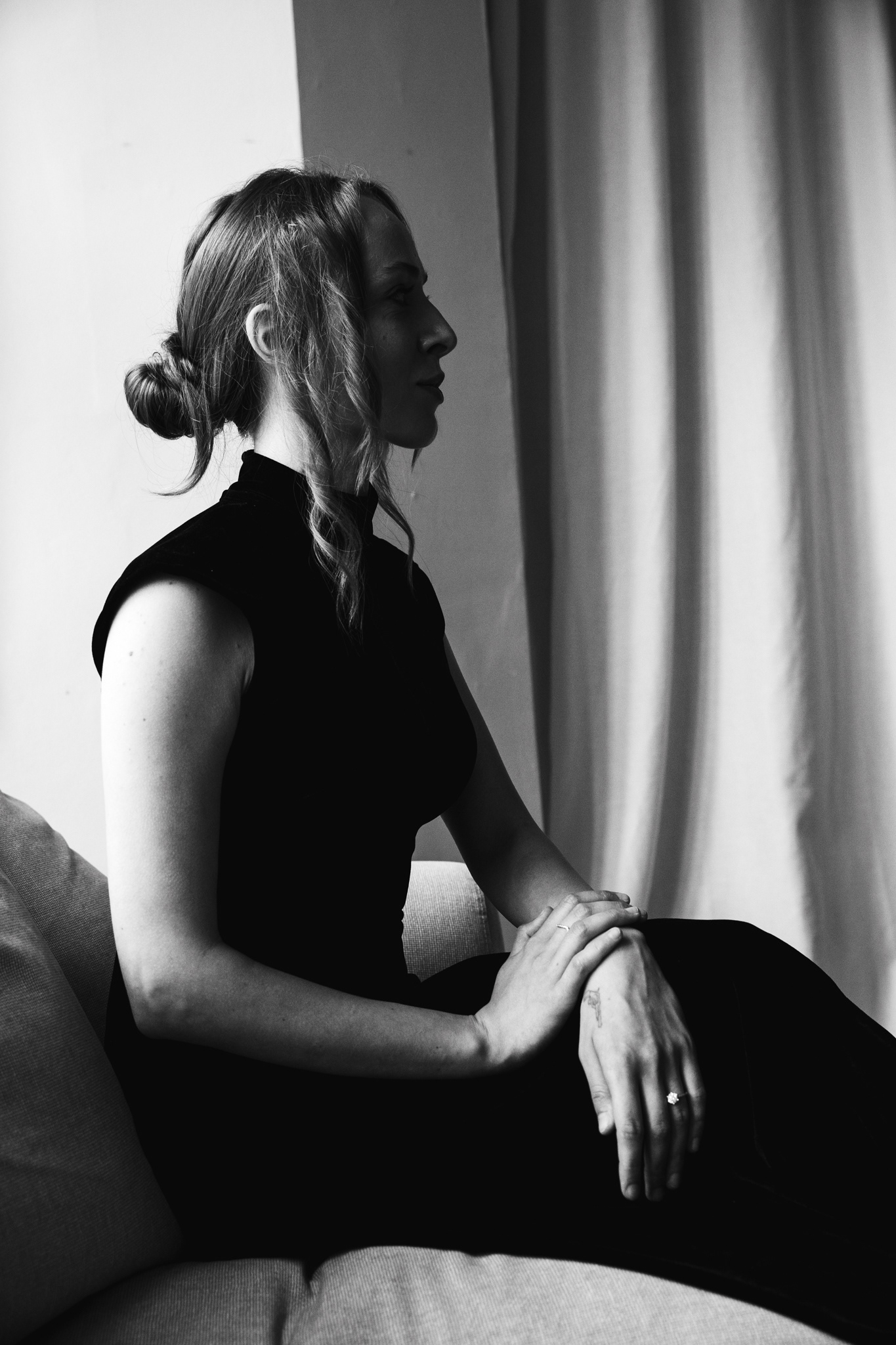
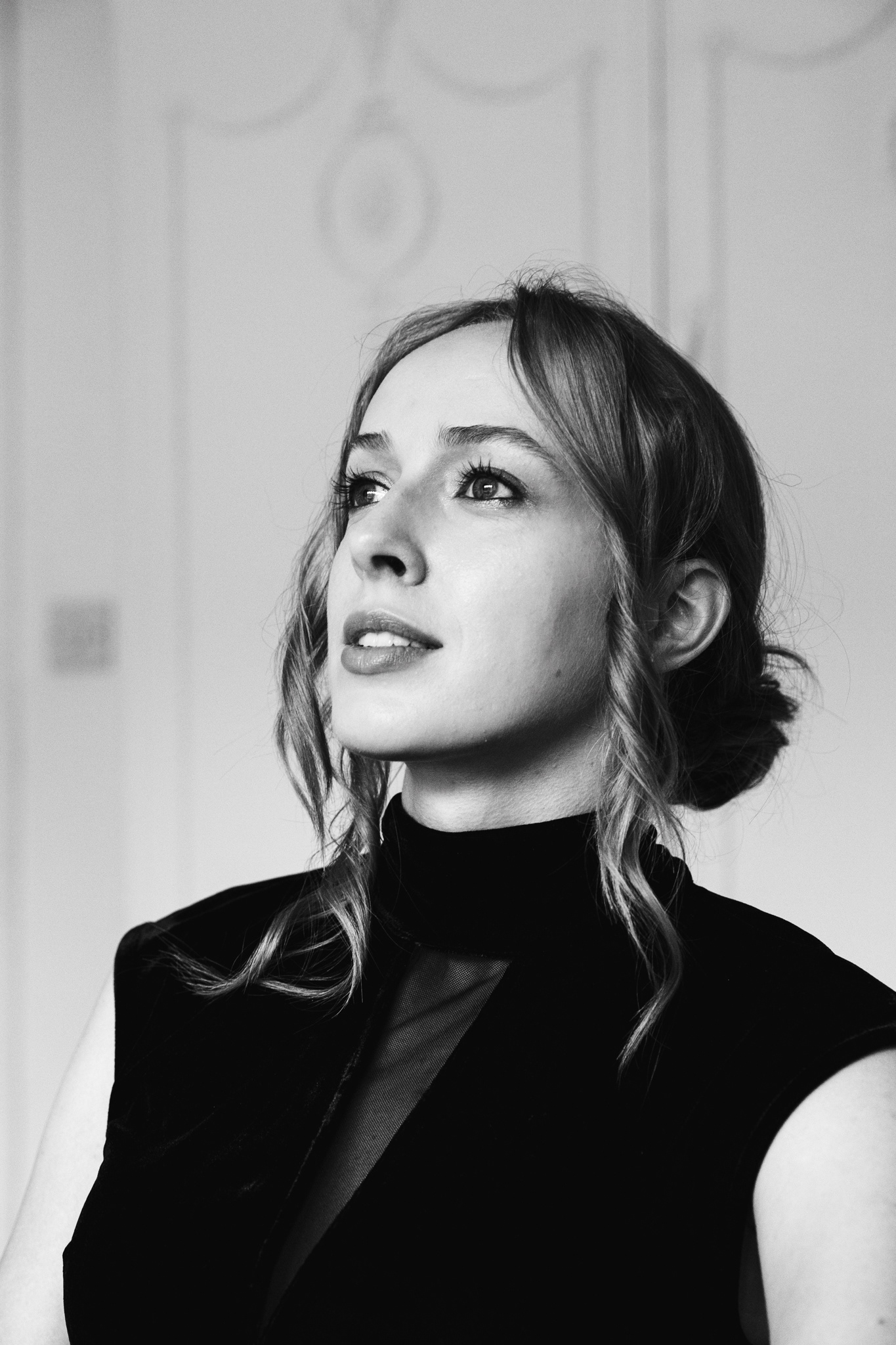
Career breakthrough and the road to Ben Nevis: A proof of resilience
Sofia never doubted she would find her place in the United Kingdom. She ended her collaboration with New Balance while still in the process of applying for her visa, believing that a true professional needed to be physically present. While waiting for her documents, she lived temporarily in Ireland, working remotely for a New York–based IT company. Yet within weeks of arriving in Britain, she realised that real integration required immersion. She made a deliberate choice to resign and start from scratch — as a barista in a café. With no prior experience but an openness to learn, she soon faced her first encounter with racism: a customer suggested she “learn English before speaking”. Other patrons came to her defence, and the manager apologised. Sofia knew she was capable of more. Her education, strategic thinking, and track record in creative production, international projects and marketing were waiting for their moment. To hear it, she set off to Spain for a small mountain trek. There, in the quiet, an idea took shape: turn pain into movement. The concept became her charity route — a 600-miles walk from the south of England to the summit of Ben Nevis in Scotland, the highest point in the UK. Pilgrimage to the Peak lasted 27 days, covering up to 21 miles a day. She began on 24 August 2022, Ukraine’s Independence Day. Sofia consulted Ukrainian mountaineers, including Valentyn Sipavin, and gained the backing of British volunteers and communities. People contributed equipment, offered shelter, mapped routes, some even joined her along the way. She woke before dawn, trudged through rain, slept in unfamiliar villages and campsites. An infection in her leg later required surgery. “It was my way of telling myself: I move forward, and I choose the direction,” she recalls. Nearly 600 miles — not an escape, but a return to herself. “I did it to prove that we are stronger than we seem.” She documented the route and stayed in touch with those following her journey. In that, too, she felt a sense of service. “Each day was a reminder: I exist. And I move.” On the summit of Ben Nevis, standing in the clouds with snow up to her knees, Sofia felt calm for the first time in a long while. The experience became the starting point for the book she is now writing — not just about the path itself, but about dignity after a crisis. About a woman forced to leave everything, building a new inner architecture. “This will not be a book about fleeing war, but about the road to strength,” Sofia says.
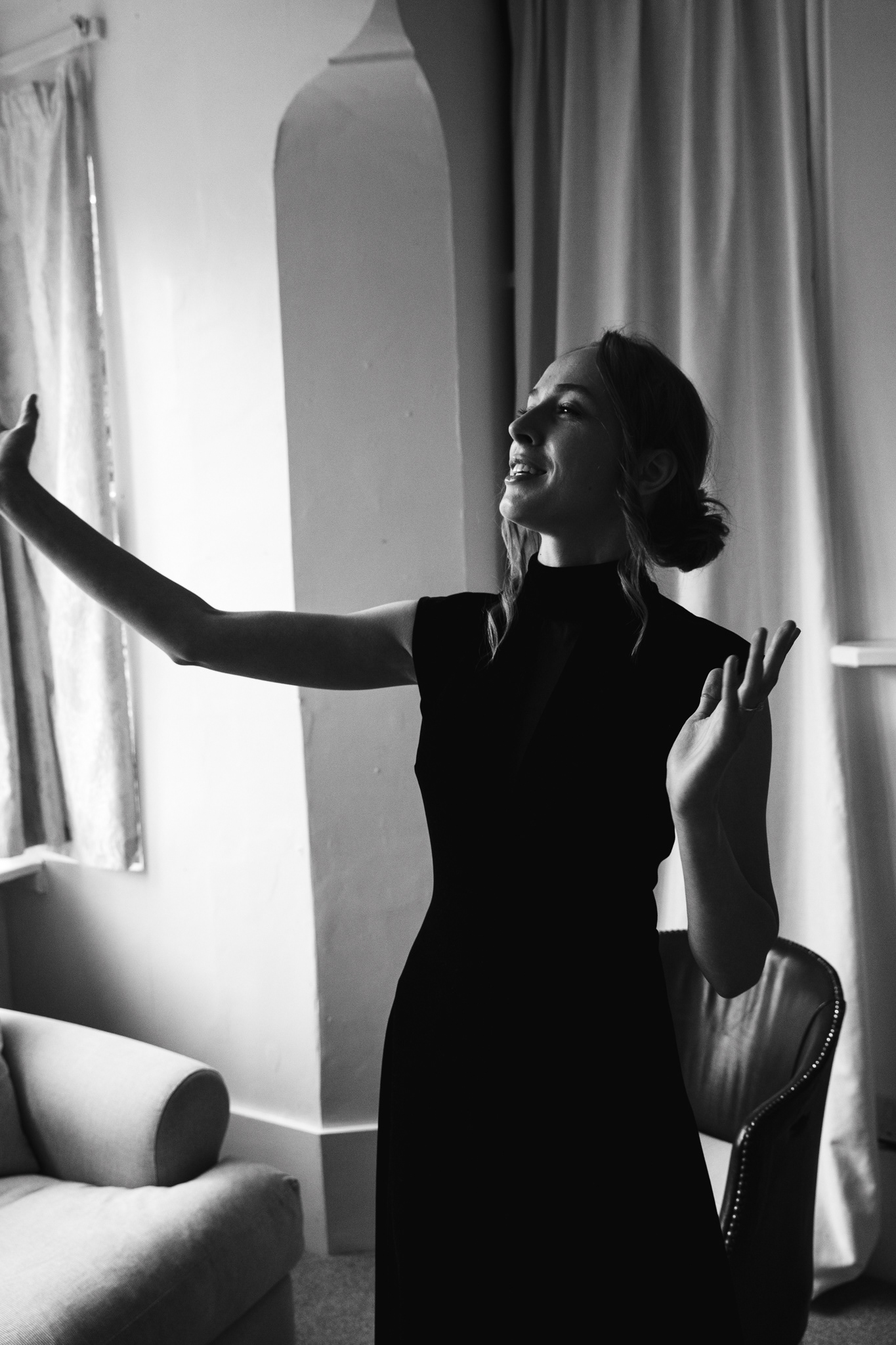
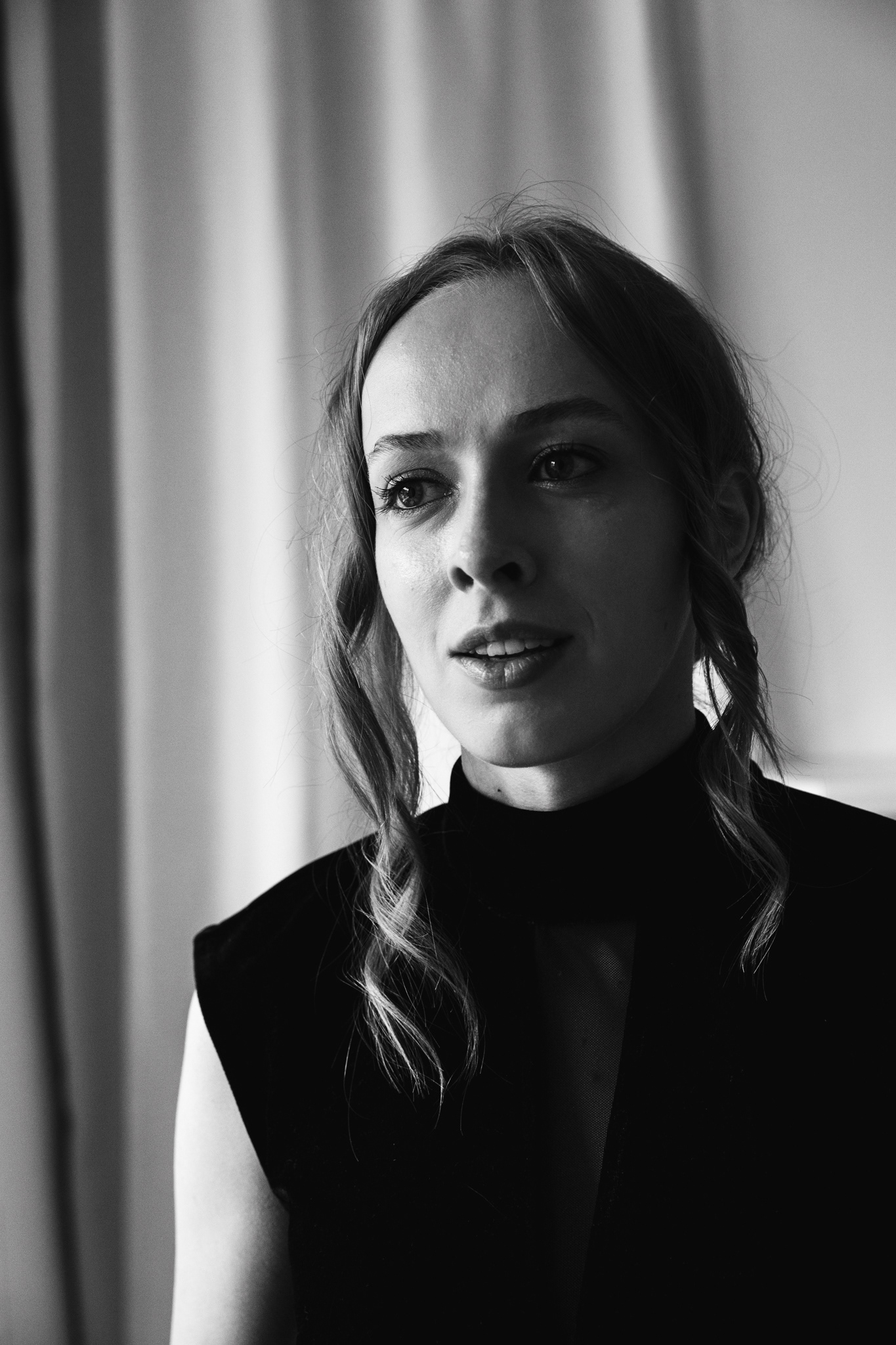
From volunteering to building a business: The road to self-realisation
After returning from her charity trek, Sofia founded UKRAINE FEST — the first Ukrainian cultural festival in Swindon, which quickly evolved into an annual event. What began in 2023 as a small, intimate initiative drew more than 2,000 guests in 2024 and, by 2025, is marking its third edition. The festival brings together long-time residents and newly arrived Ukrainians through music, cuisine, crafts, art and conversation. It is more than a cultural day — it is a platform for shared presence, a symbol of resilience, openness and trust. In parallel, Sofia launched a project to support Ukrainian entrepreneurs in the South West of England. Initially invited to work as a translator for a British organisation serving local businesses and start-ups, she went beyond the technical role, pitching her own programme to assist Ukrainian founders. She became an independent consultant, and over two years delivered dozens of workshops, attracting hundreds of participants. Her work addressed not only economic challenges, but also the deeper need for human inclusion and mutual respect. While her role as a coach and speaker was inspiring, Sofia wanted to fully realise her professional expertise in marketing. Near Swindon, she discovered a unique project — a private business club founded by a film studio owner. Submitting a strategic proposal and budget, she secured a six-month contract as a marketing specialist. Her role quickly expanded beyond communications. She worked directly with members, developed the club’s network, and curated private events that blended creativity with business culture. Among her events: a Jazz Night featuring London musicians, an art evening in collaboration with a contemporary gallery, cocktail-making masterclasses, wine tastings, and a private gathering for cigar collectors. The most memorable moment came when the club owner had to leave for filming in London, and Sofia stepped in to open a meeting with leading property entrepreneurs. “That was the moment I realised my journey had not been in vain. I hadn’t just adapted — I had become myself again,” she recalls. When her contract with the studio drew to a close, the company announced it was relocating to London, and their paths parted. For Sofia, it was a turning point. At one of their final meetings, the club’s owner, Tom, gave her his book, a personal account of how he had built his film studio and business club from a childhood dream. “For me, it was a gesture of belief that every dream deserves to be realised, even if you start with nothing. That book wasn’t just his journey, it was my own confirmation: entrepreneurship is not only about business, but about the freedom to act when your moment comes.”
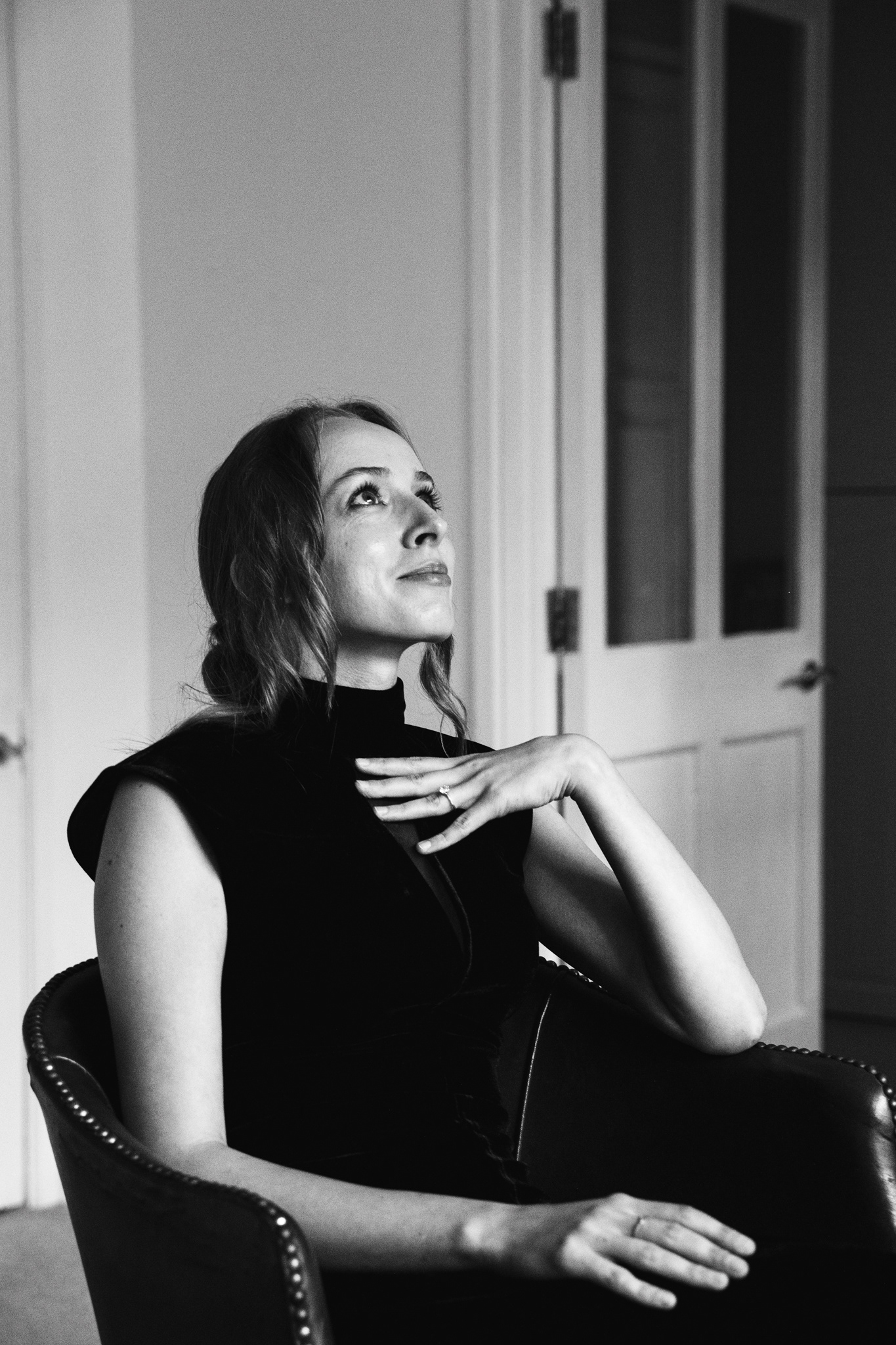
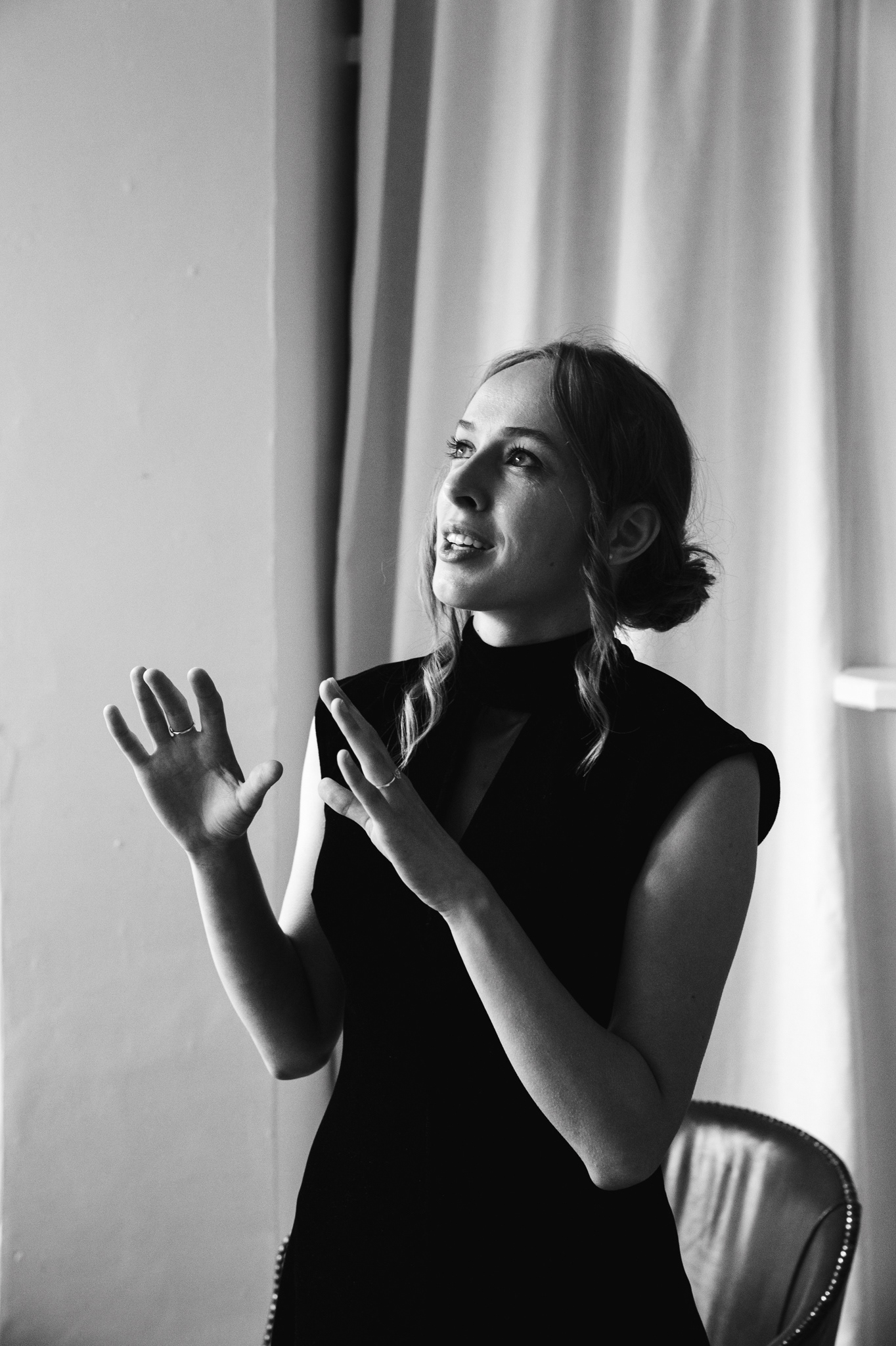
Lessons of conflict and personal growth
In the British professional arena, Sofia encountered a subtler layer of integration — the language of interaction. Her natural directness and preference for clearly defined terms often came across as excessive assertiveness. In contrast, British business culture tends to favour indirect communication, a pause before a reply, and a deliberate sidestepping of open conflict. “I realised my directness is a strength, but it needs to be delivered with tact. Not everything can be resolved with speed and logic, sometimes you need to give space and silence,” she says. Over time, that cultural difference stopped being a barrier and became a tool. Sofia learned not to dilute herself, but to reframe her message, staying authentic, yet effective.
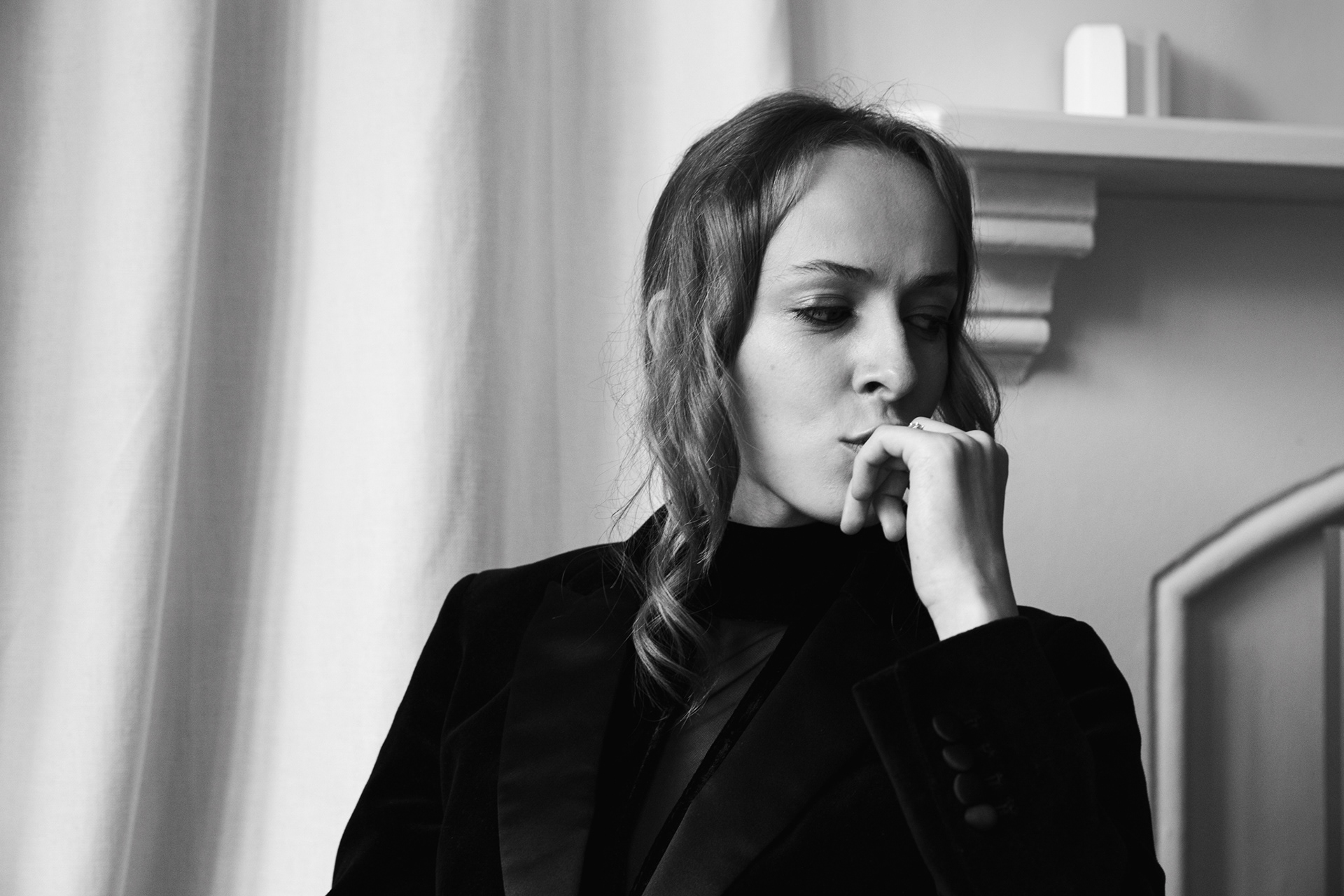
New horizons in marketing and engagement
After completing her contract with the private business club, where she had managed marketing and curated exclusive events for company owners, Sofia’s work began to attract attention. Club visitors, entrepreneurs and event guests offered glowing feedback and it paid off. One of the members contacted her via LinkedIn, inviting her to join a Bristol-based property firm to develop its brand and build a marketing strategy from the ground up.
It marked a new chapter: working as an independent consultant with British companies. Throughout 2024, she collaborated with several businesses simultaneously, creating strategies, overseeing branding, coordinating shoots for advertising campaigns, and assembling contractor teams. Consulting brought freedom, but over time she felt it consuming too much space in her life. By year’s end, she resolved to return to corporate life, to work with a team, long-term goals, and a structured environment. That offer arrived in late 2024: a long-established British company in a superyacht industry with a strong reputation, and a team that felt like the right fit.
That same year brought another, more personal milestone. While travelling in Italy, she and her partner visited Rome’s famed Bocca della Verità, the “Mouth of Truth.” There, he asked if she could see their lives together. She said yes and inside the sculpture’s carved mouth was a ring. He proposed and she said yes. They decided to postpone the wedding until the war in Ukraine is over; for Sofia, it is essential that all her loved ones can be present.
Her fiancé is a British seasoned traveller who has visited more than 100 countries and explored all seven continents, yet holds human connection as his highest value. A Christian who came to faith through deep personal experience, he says: “I believe that if a couple doesn’t share core principles, the family won’t last.”
Sofia is still seeking her own answers in matters of faith, but she respects his path and understands the importance of inner unity. Their bond rests not on sameness, but on understanding. They joke about language, recipes and accents, but approach serious conversations without haste. “He says he wants me to feel free and confident in any environment. And I know he’s on my side, not just in words, but in actions,” Sofia says. That assurance is one of the most valuable resources she carries into the next chapter of her life.
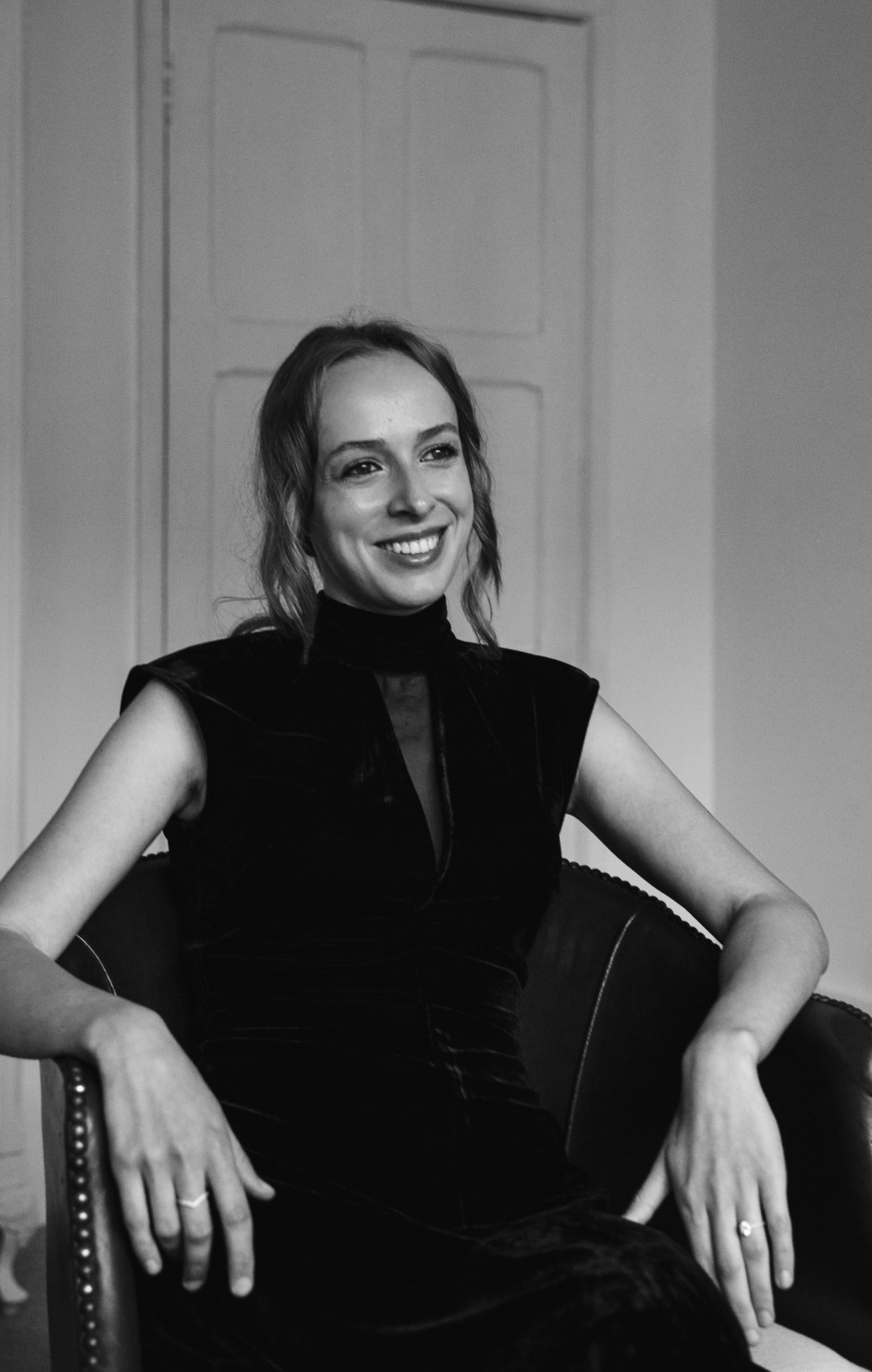
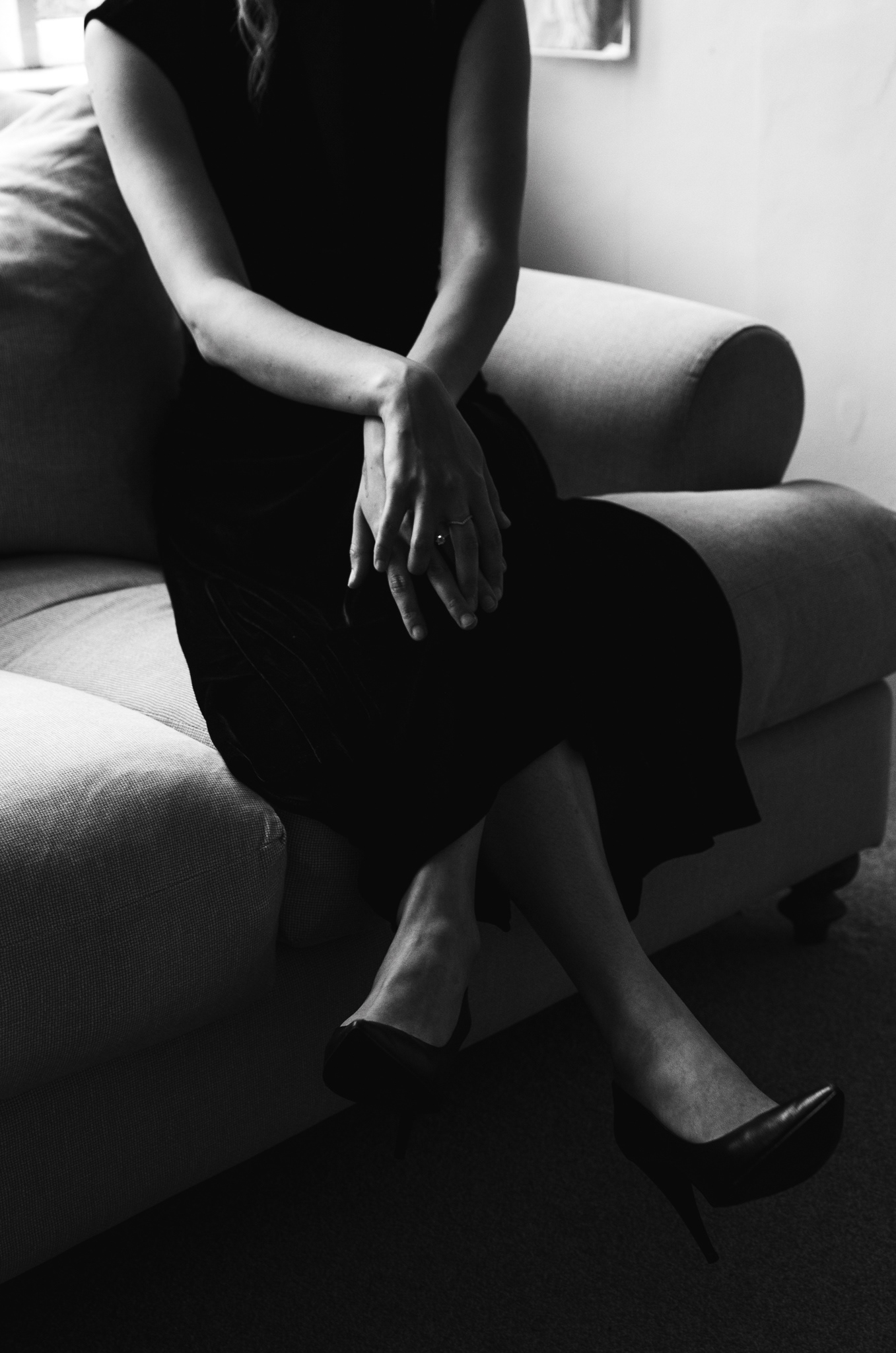
Psychological trauma and adaptation: The search for inner peace
Sofia speaks of the war’s psychological aftershocks, the kind that have no clear date or form but surface without warning. She would sometimes wake in the night screaming, disoriented, unsure where she was. “I’d wake and realise the anxiety was still living inside me. It’s stitched into the body like a scar you can no longer see, but it itches when the weather changes,” she says. In the first years after the full-scale invasion, she spoke publicly and often on Sky News, the BBC, ITV. Her voice was carried on radio, television, and at conferences. But after countless conversations with journalists, colleagues and new acquaintances, she began to feel her identity being reduced once more to a single fact: that she was a refugee from Ukraine. “I grew tired of my whole identity being read only through the lens of refugees. I think not only about loss, but about renewal,” she admits.
Gradually, Sofia began creating a space where she could simply be a person — somewhere that didn’t require her to answer questions that still hurt, where nothing had to be explained, justified or proven. In conversation, she became more deliberate. When asked about the war, she responds honestly but briefly. She’s come to see recovery as an active choice. “I need a place with no questions and no pity. Where I am, as I am. And that’s enough,” she says.
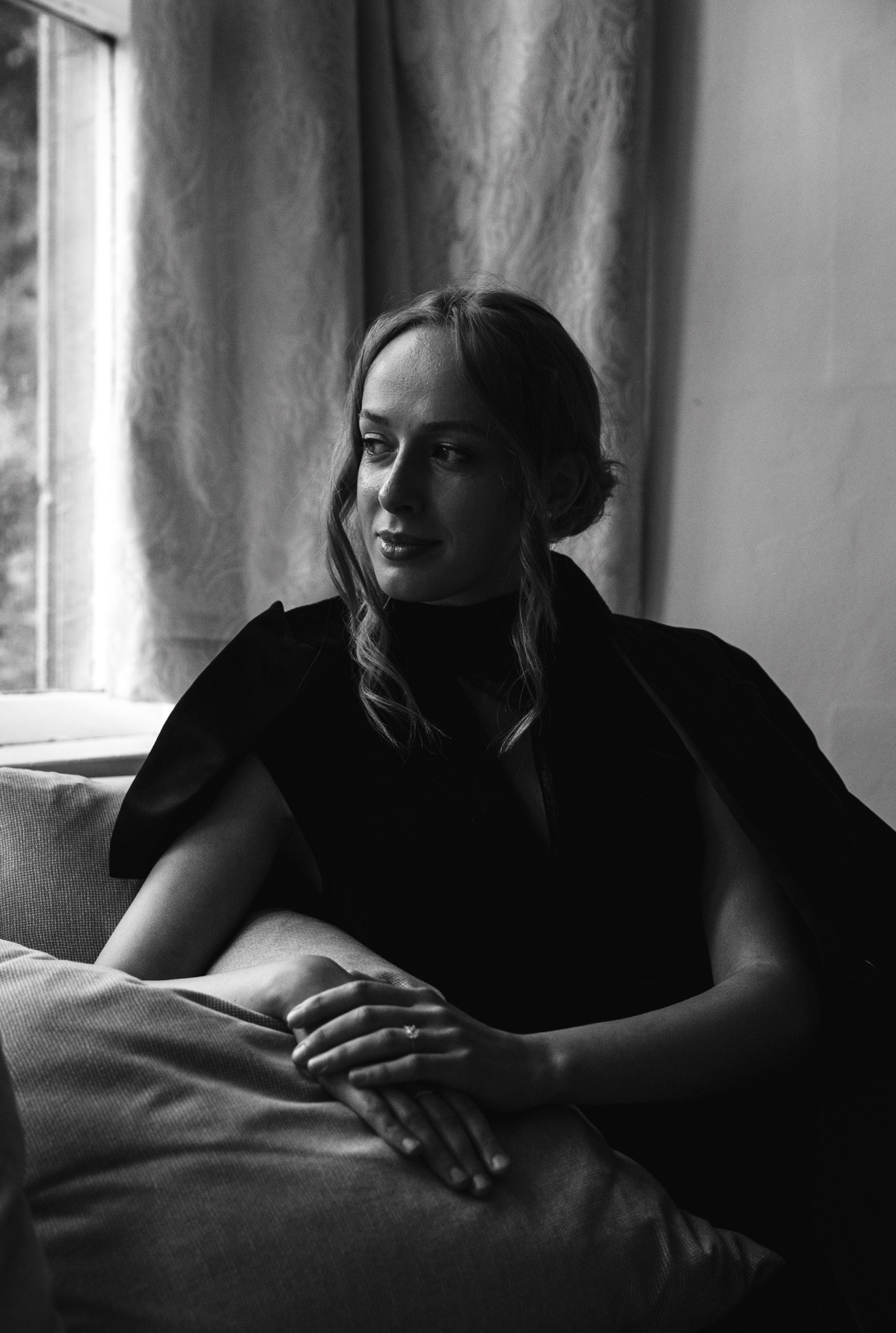
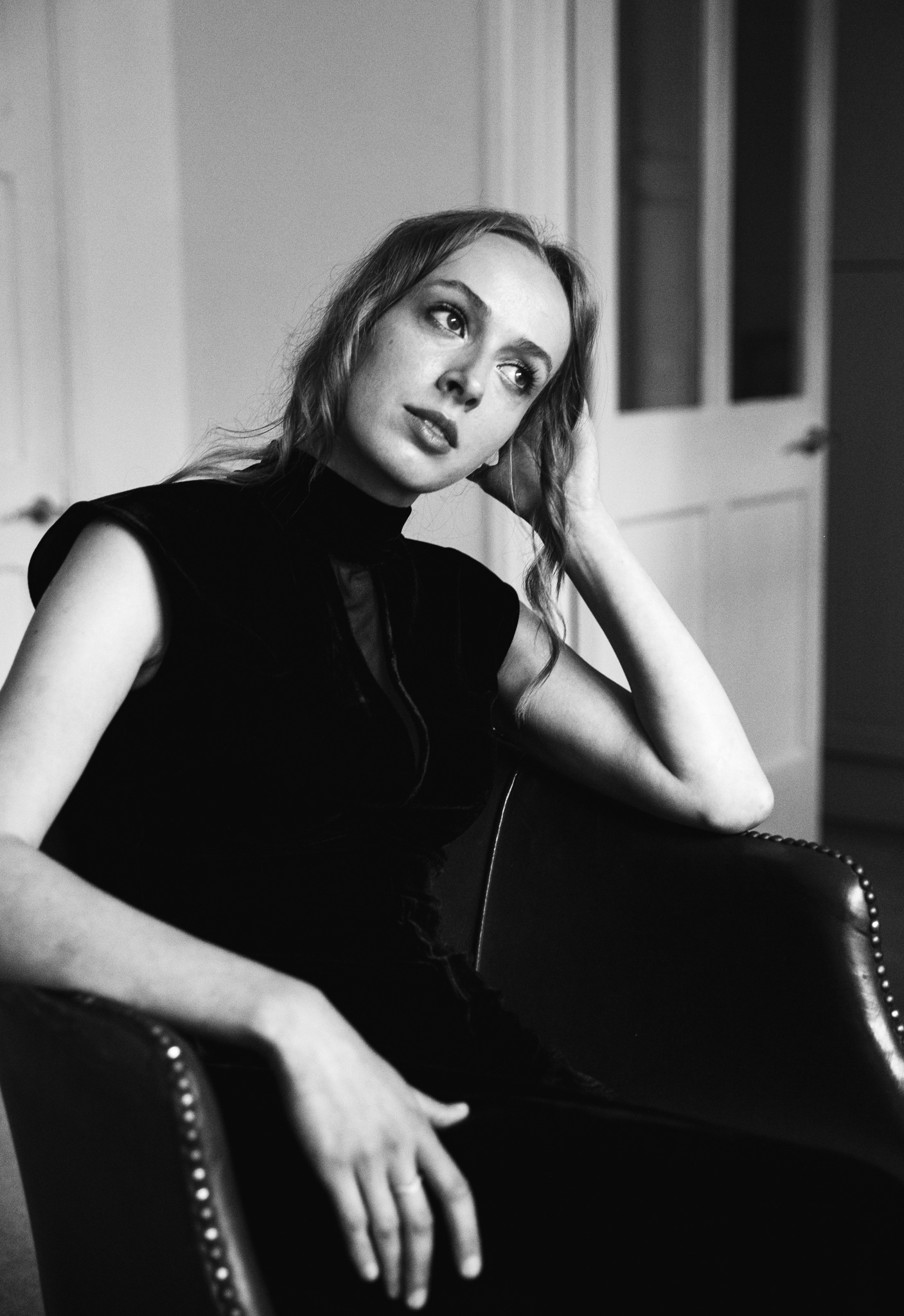
Beyond the victim label: Living with war without letting it define you
For Sofia, the greatest strain is not war fatigue itself, but the fatigue from how others respond to it. She is not afraid of words, yet she feels how even the most heartfelt compassion can, over time, compress a person’s identity into a single role: that of a victim. The paradox is that the war never truly leaves. It lingers in news headlines, in phone calls home, in the inevitable question — “You’re from Ukraine?” — and in the body that never fully unclenches. “I realised the war is part of me. No matter where I am, no matter how I look, it resurfaces. It’s like a part that hurts, but one you learn to move forward with,” she says.
Yet Sofia resists becoming a symbol. She wants to be present in her life not as the consequence of events, but as the author of her decisions. At work, she stays focused, answering the questions about the war once, then gently signalling that some subjects need not be the backdrop to everyday interaction. “I believe Ukrainians need time to recover — not to forget, but to regain the capacity to act. That’s my survival strategy,” she admits.
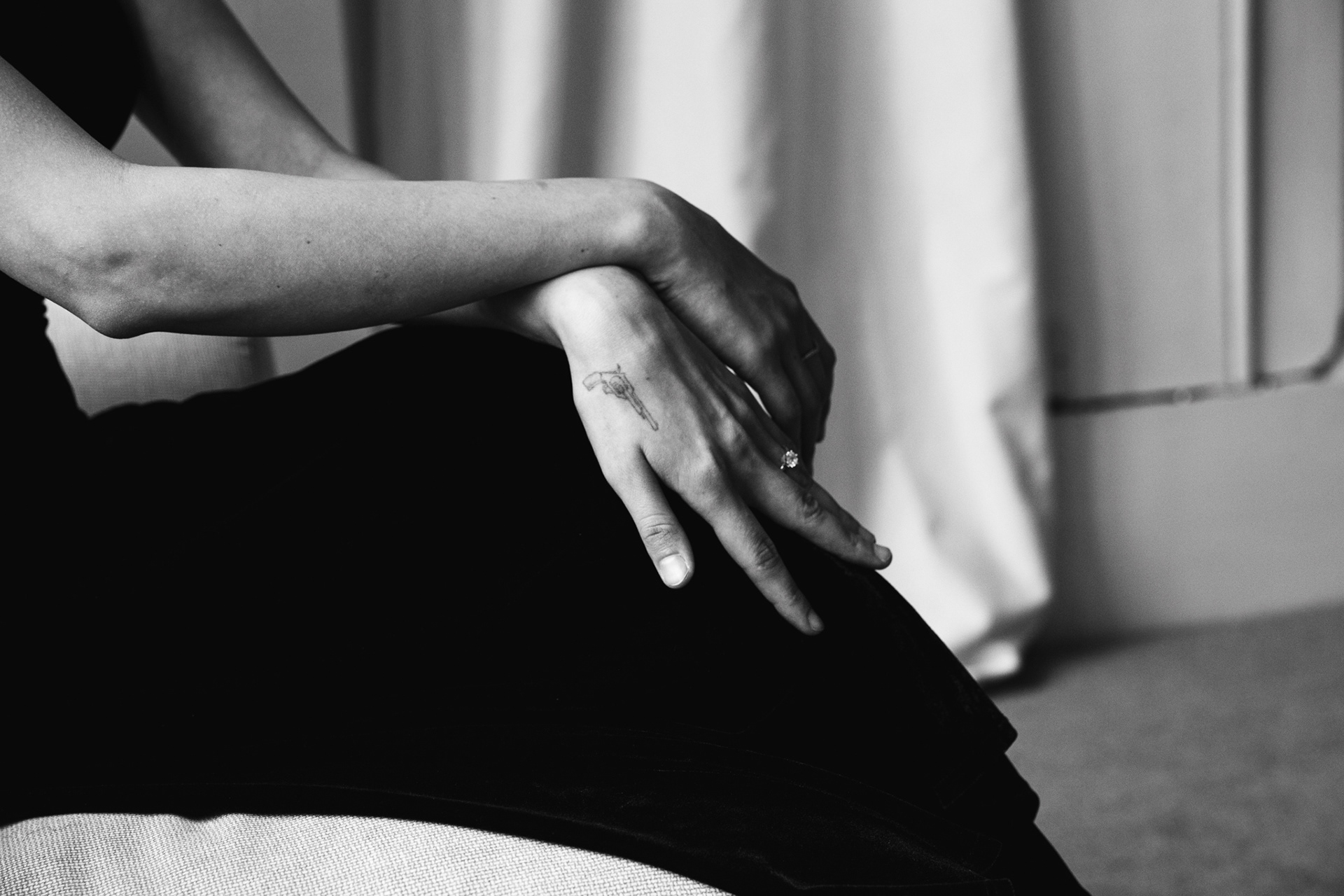
Sofia Volovyk’s story is not simply that of a woman who fled the war. It is a deeply personal, emotionally charged testament to human resilience, to the way an unbreakable spirit can emerge from chaos and loss. Her journey shows that even when the world around collapses, there is an inner strength not only to survive, but to find new purpose, to lift others, and to rebuild joy from the ground up. It is a story of pain transformed into momentum, of dreams once thought lost finding form again. Sofia stands as a living example that the strength and resolve of a Ukrainian woman can overcome any trial.
